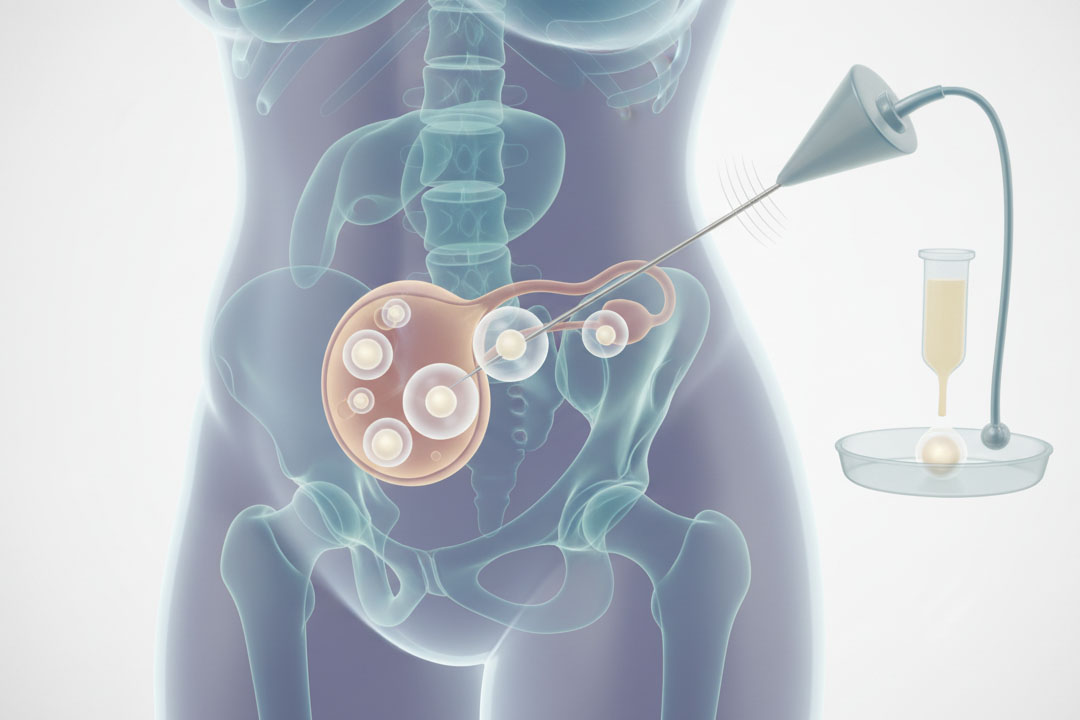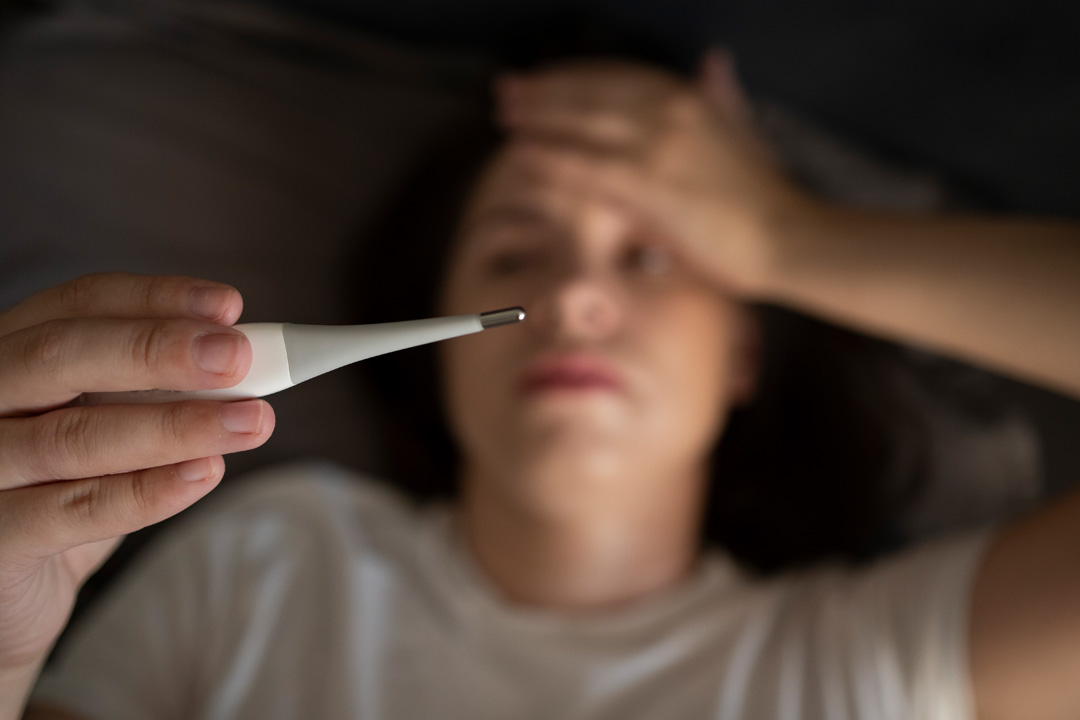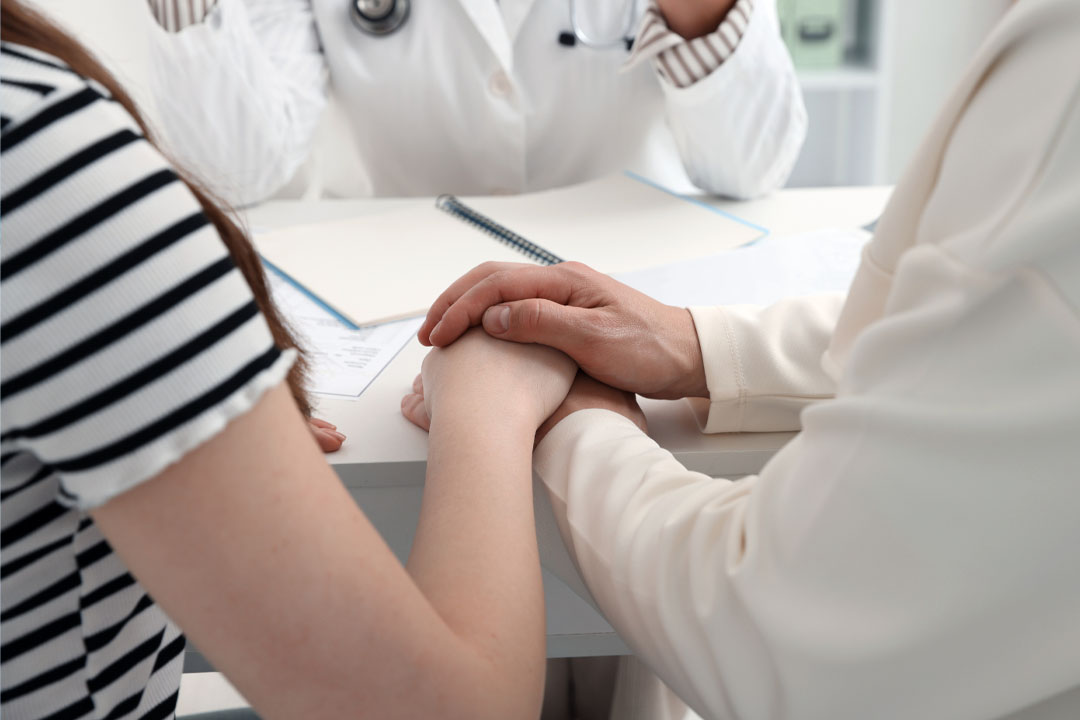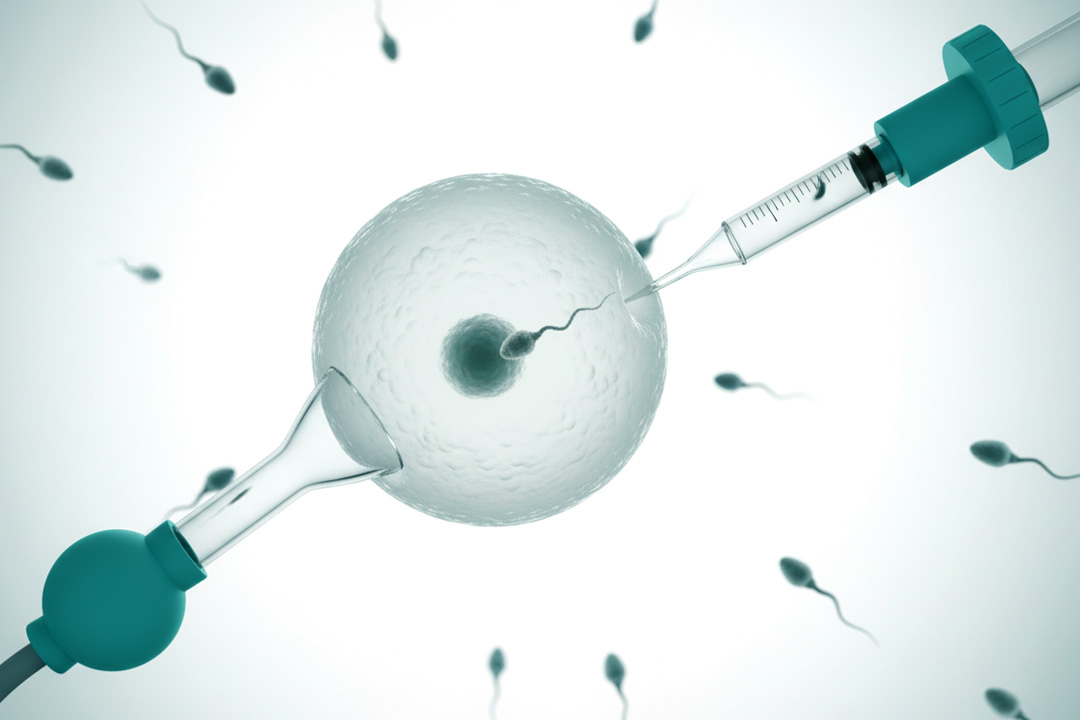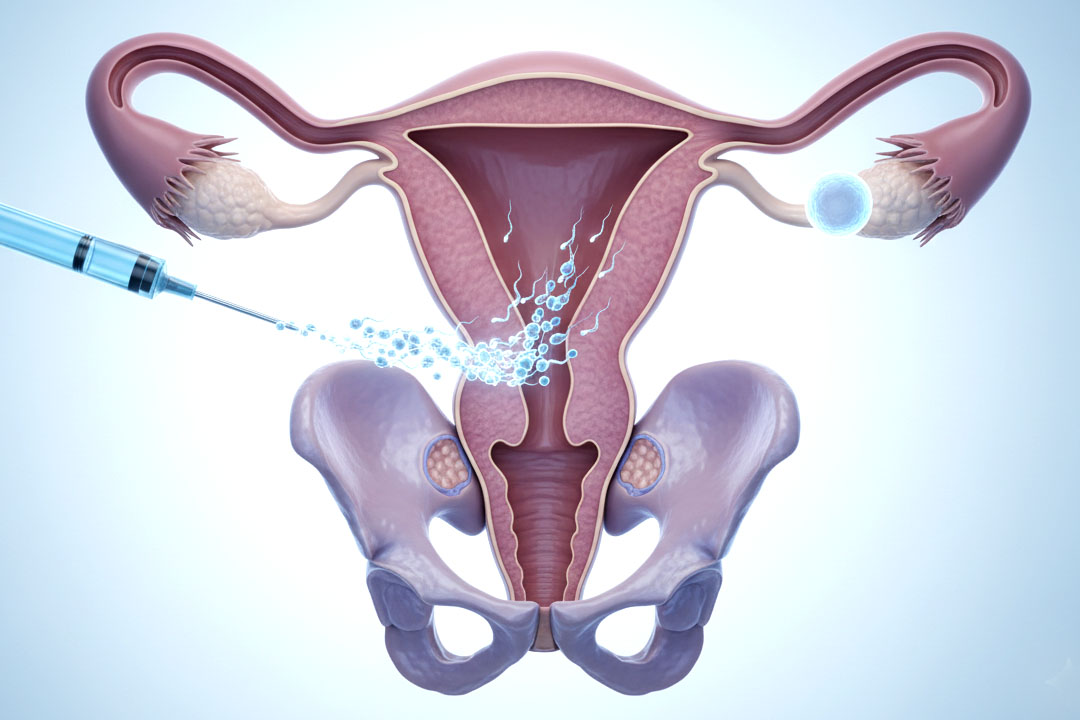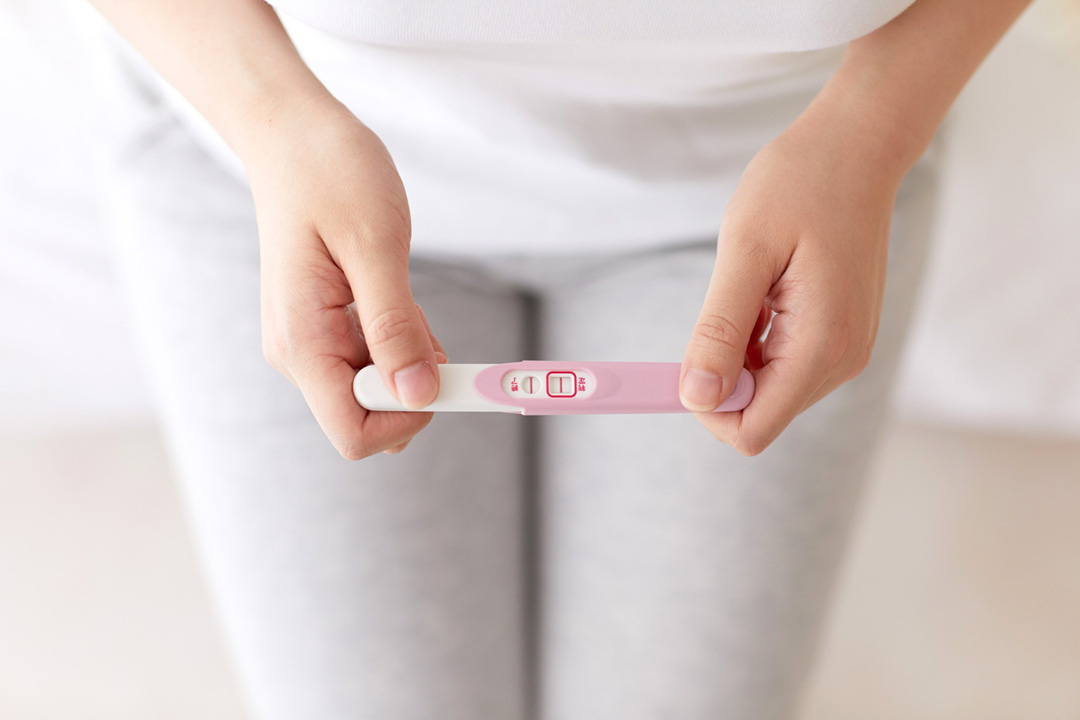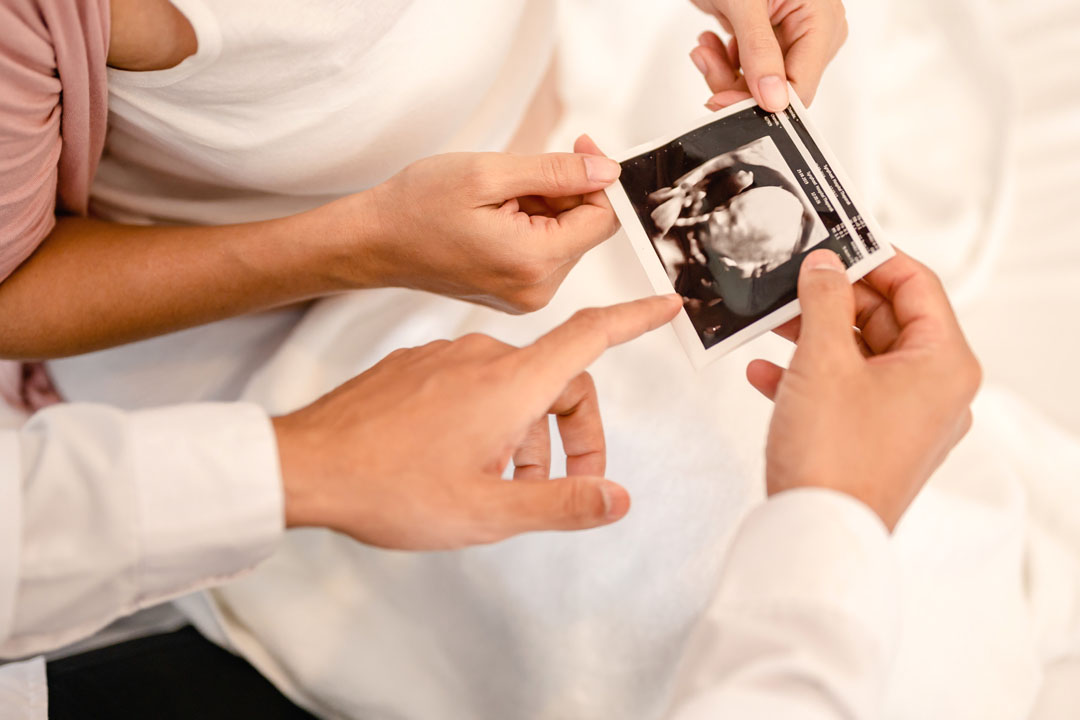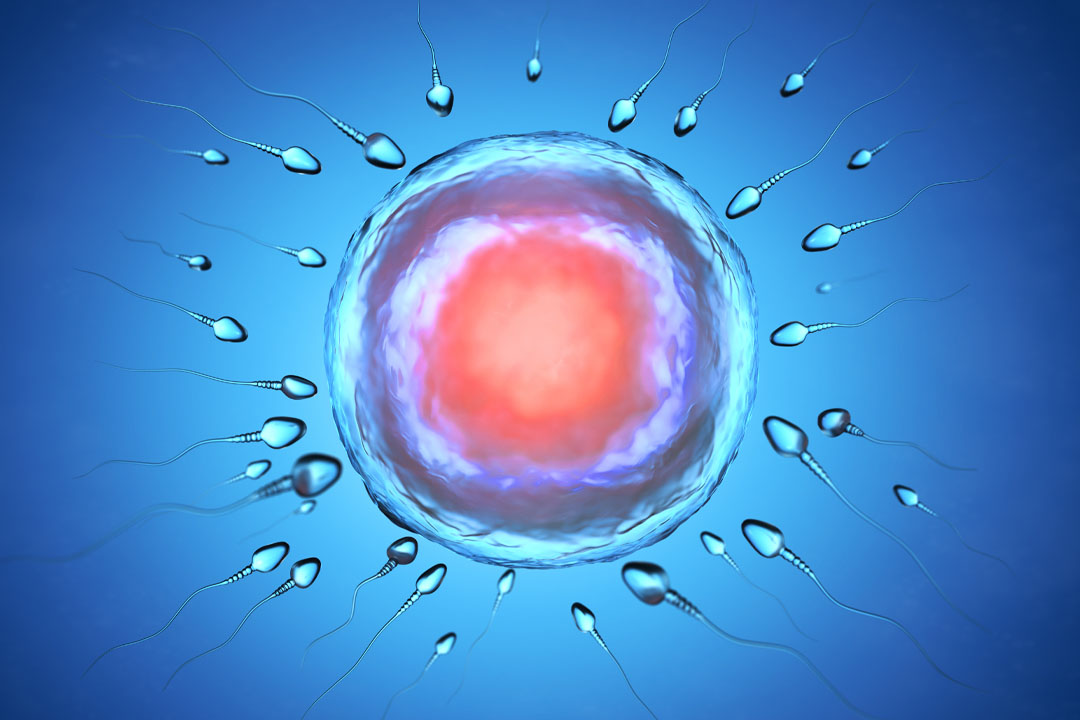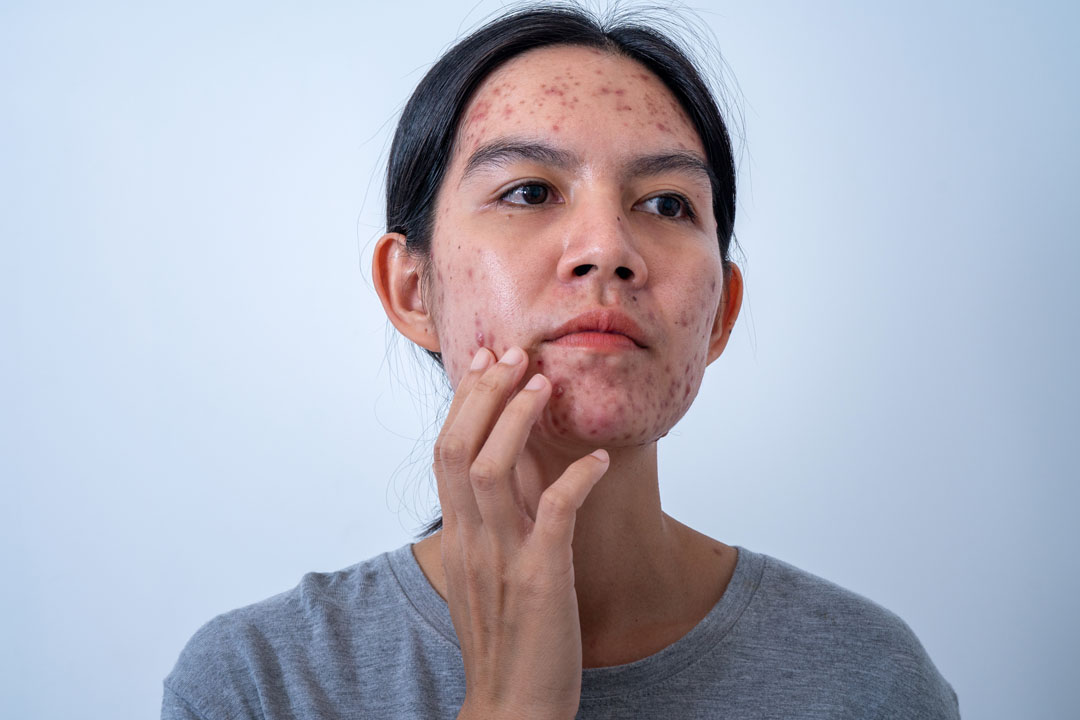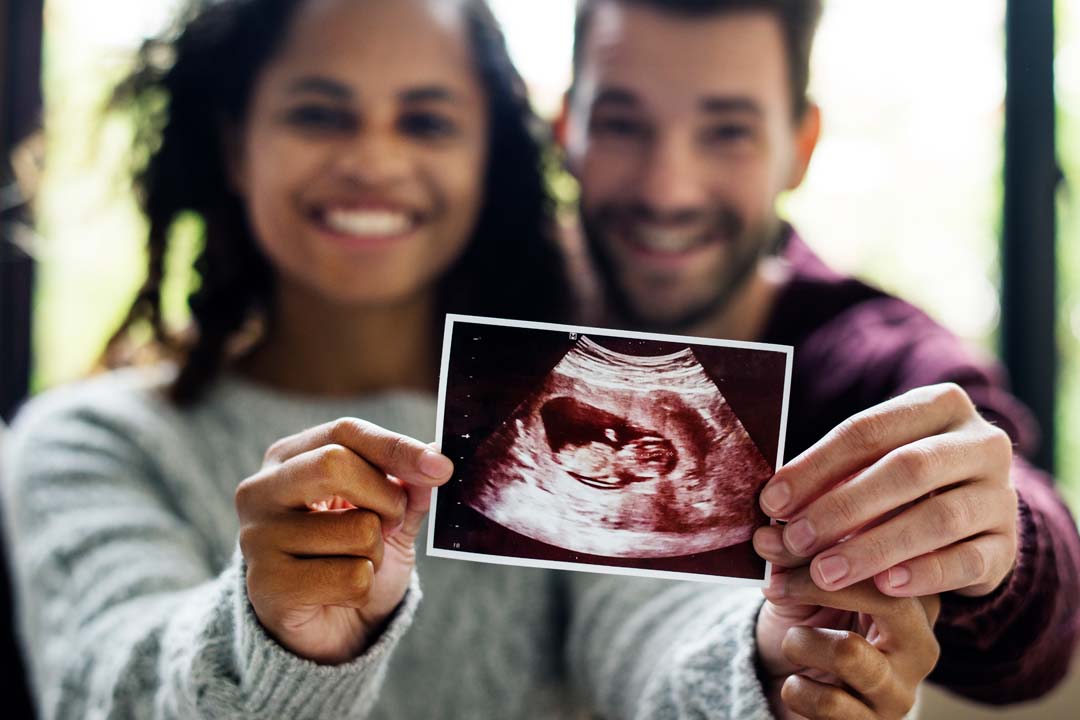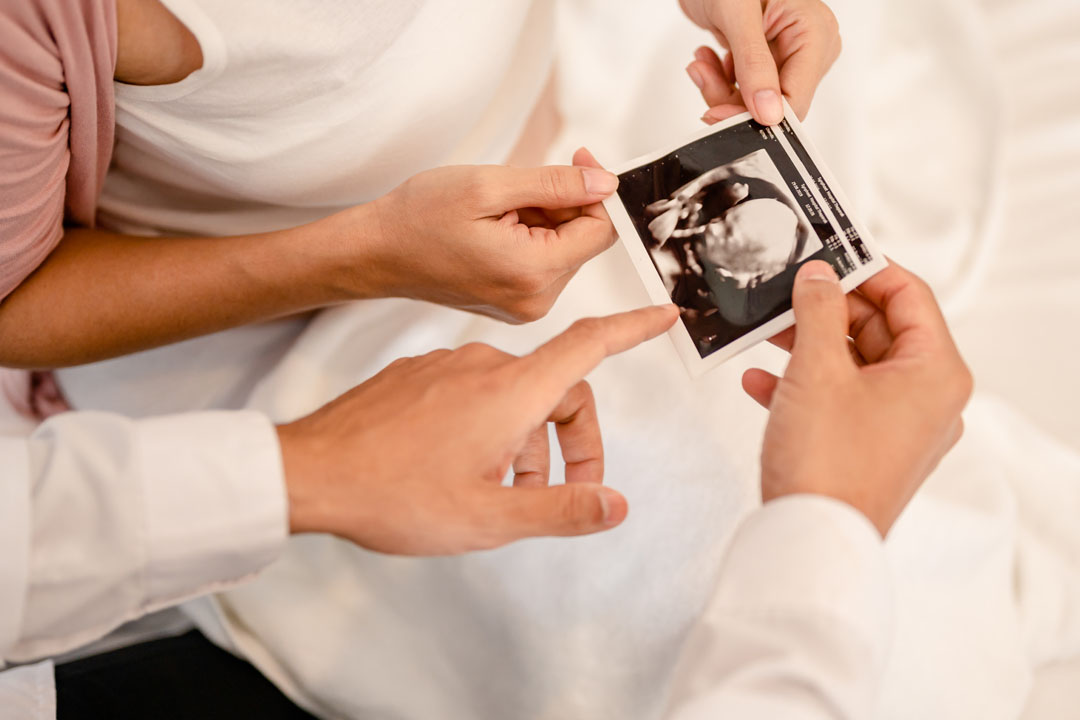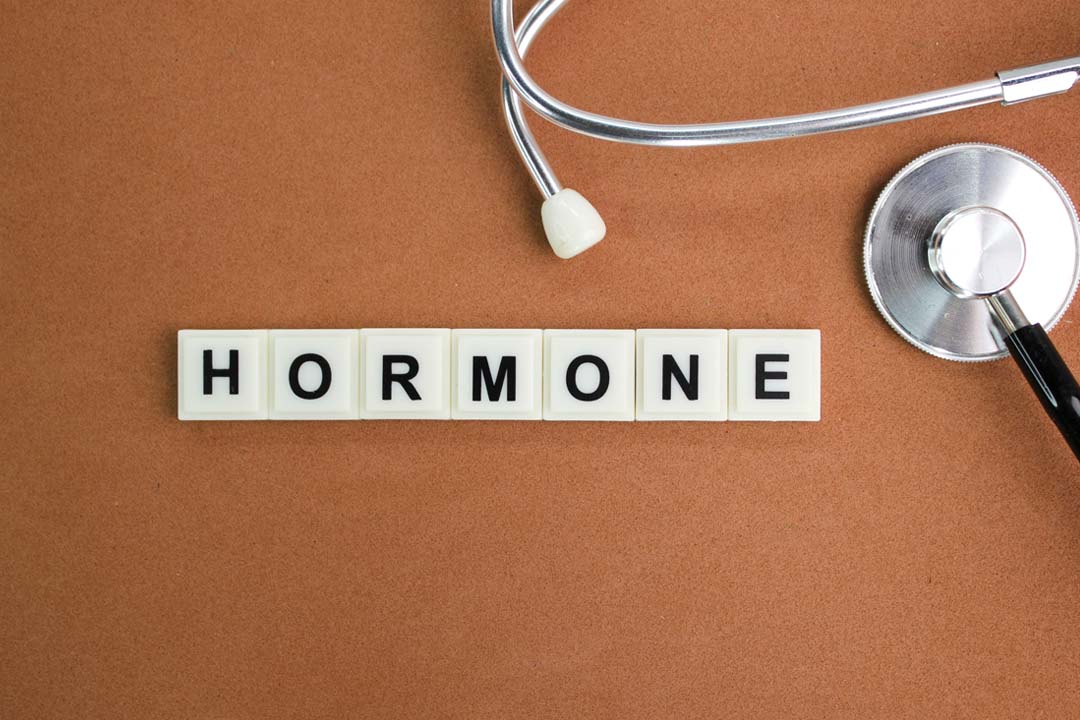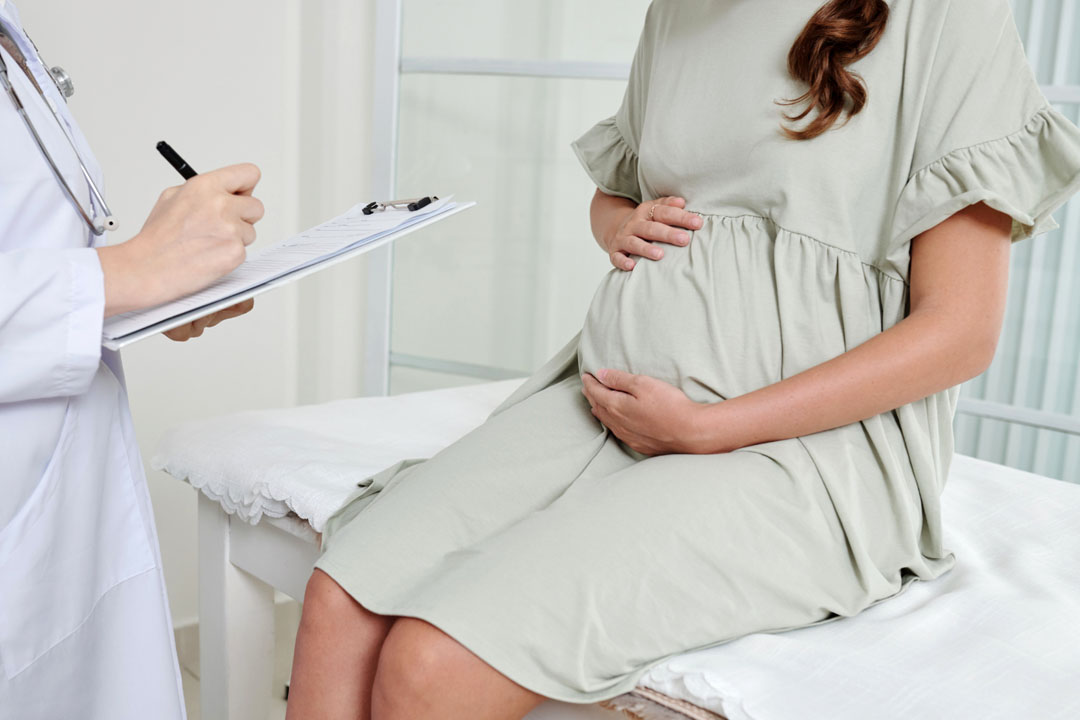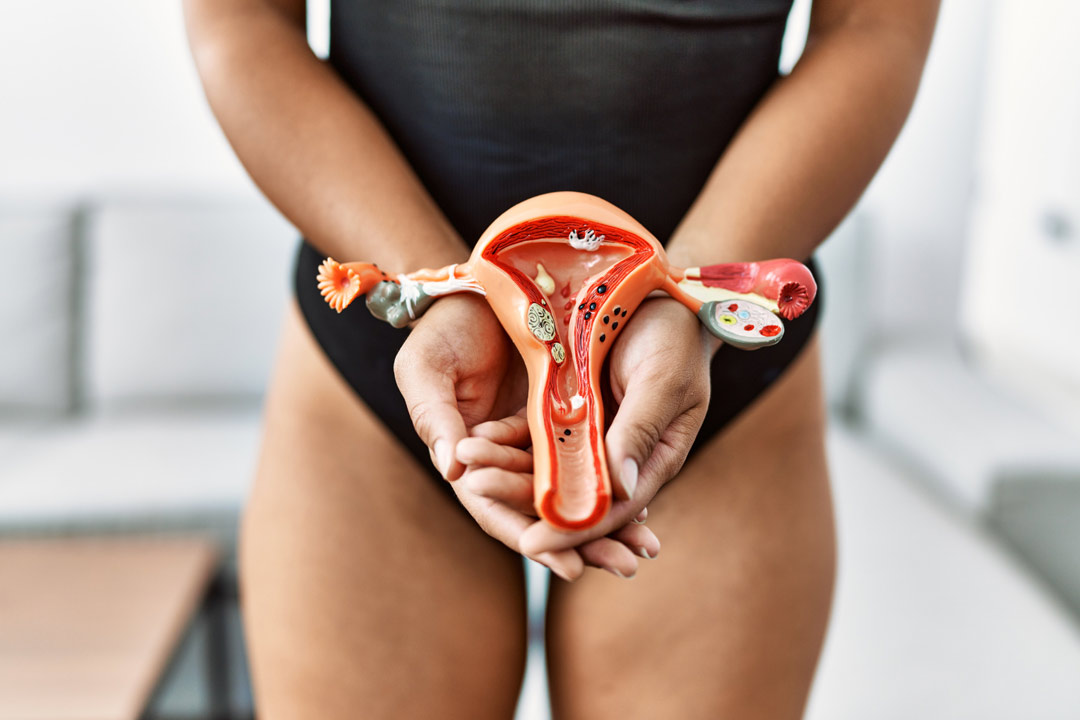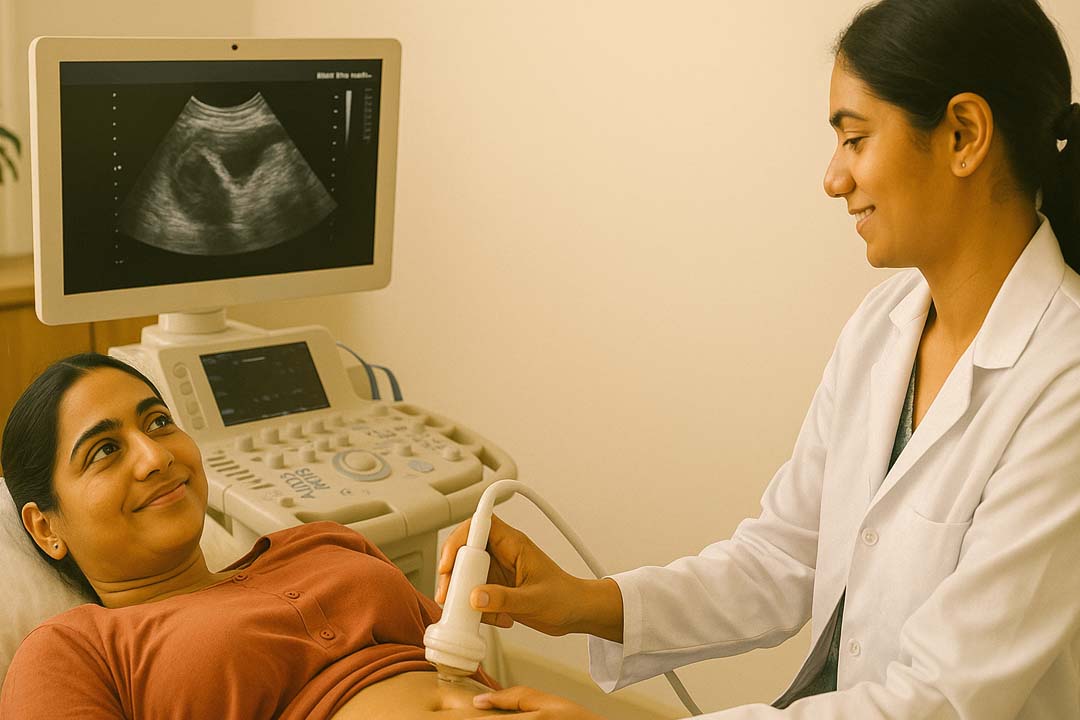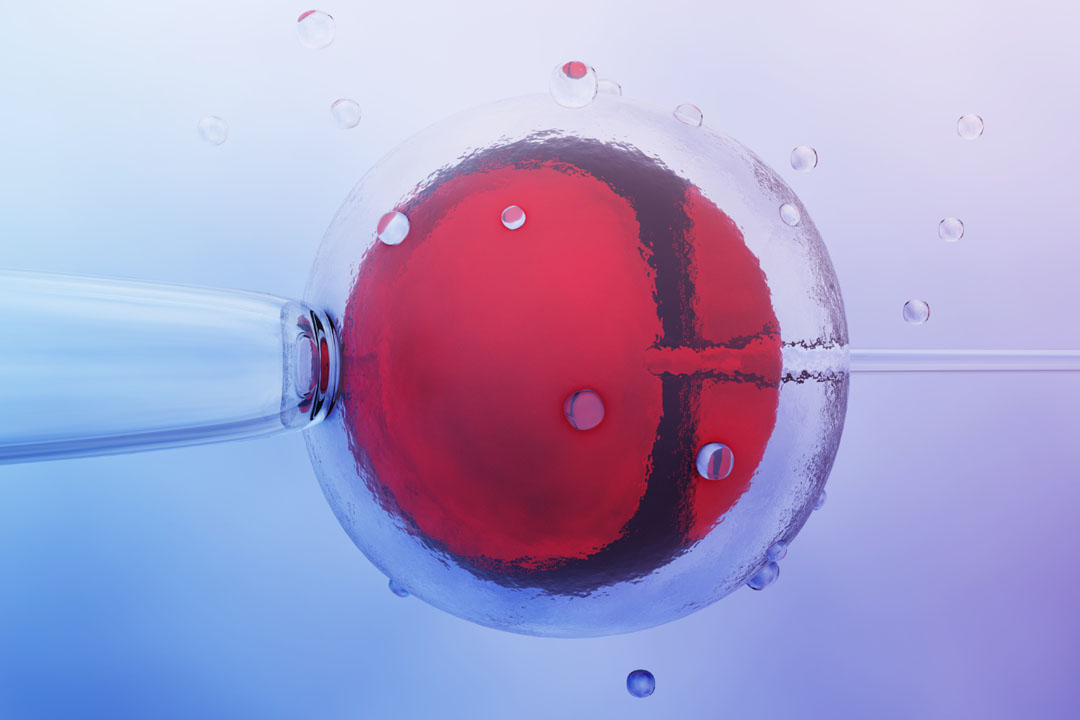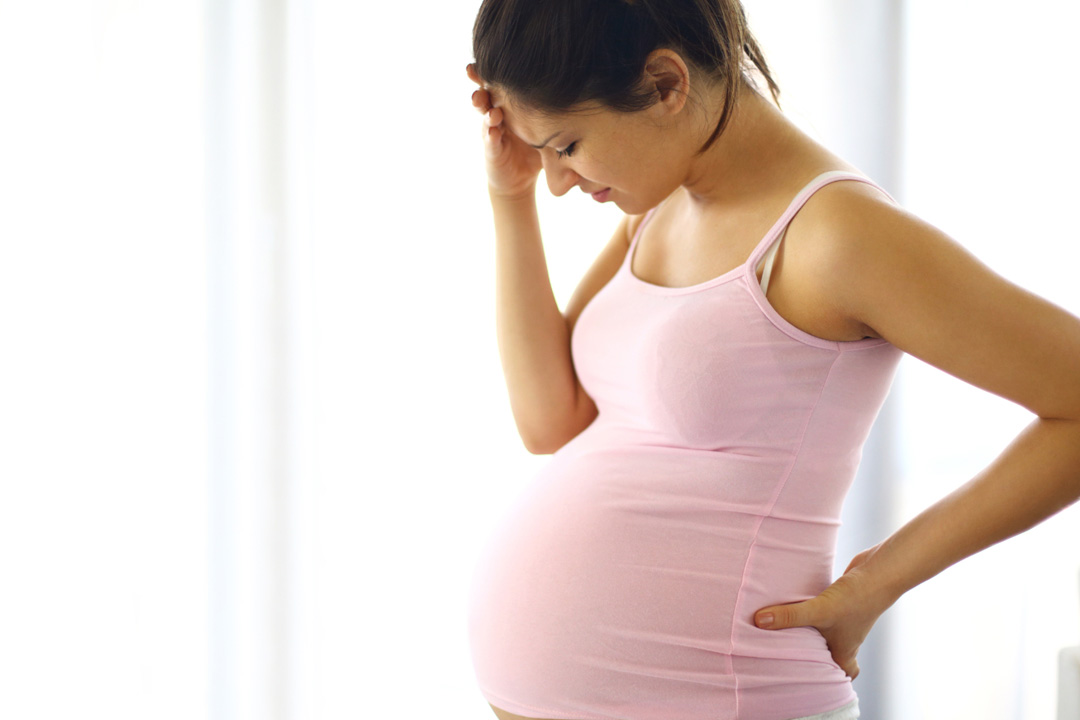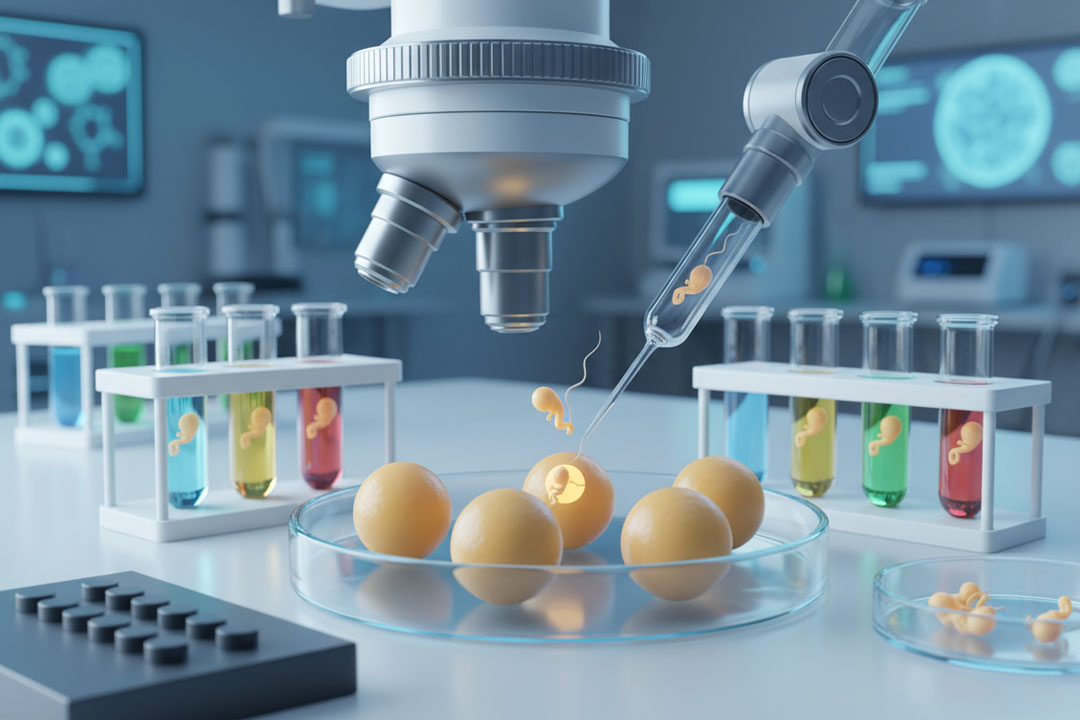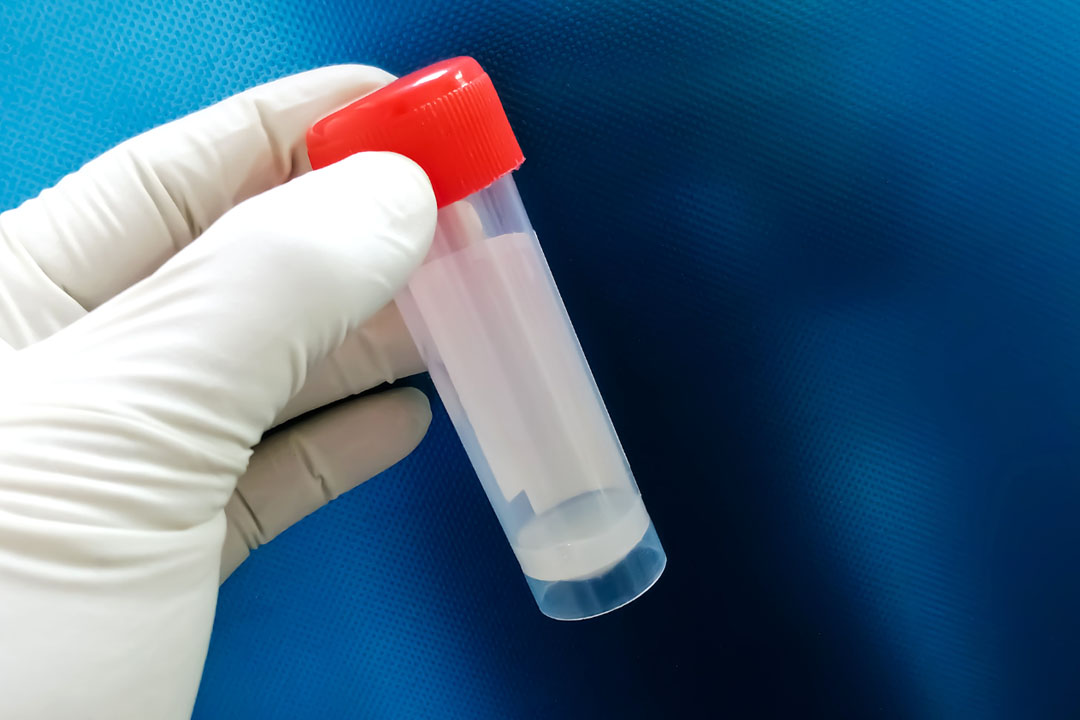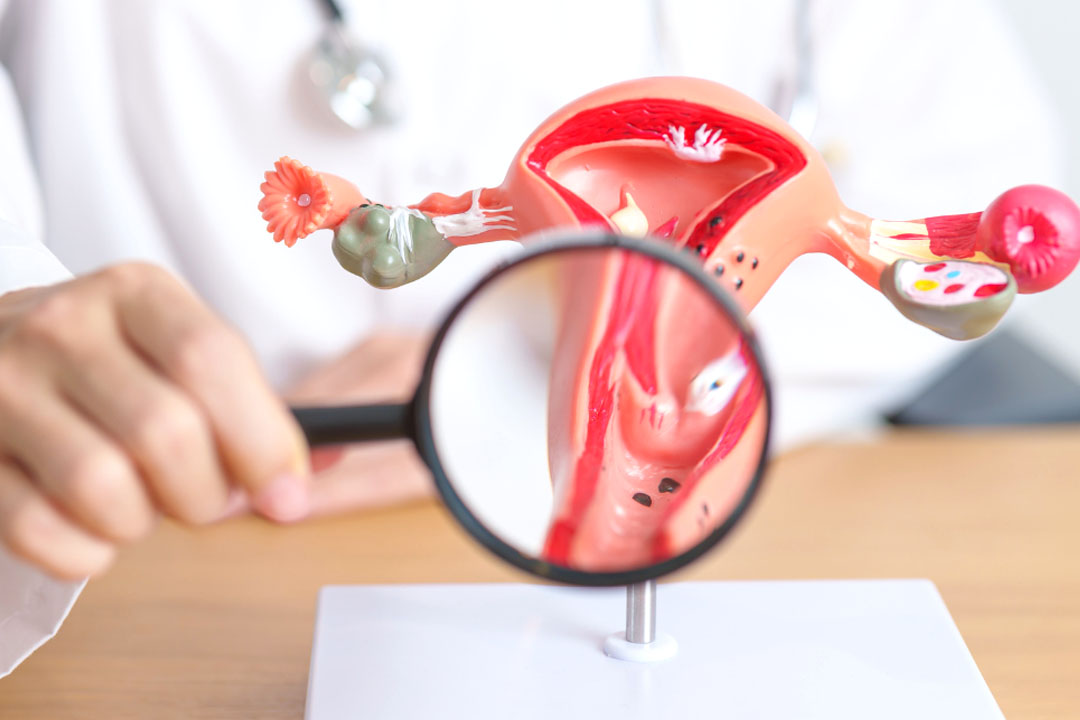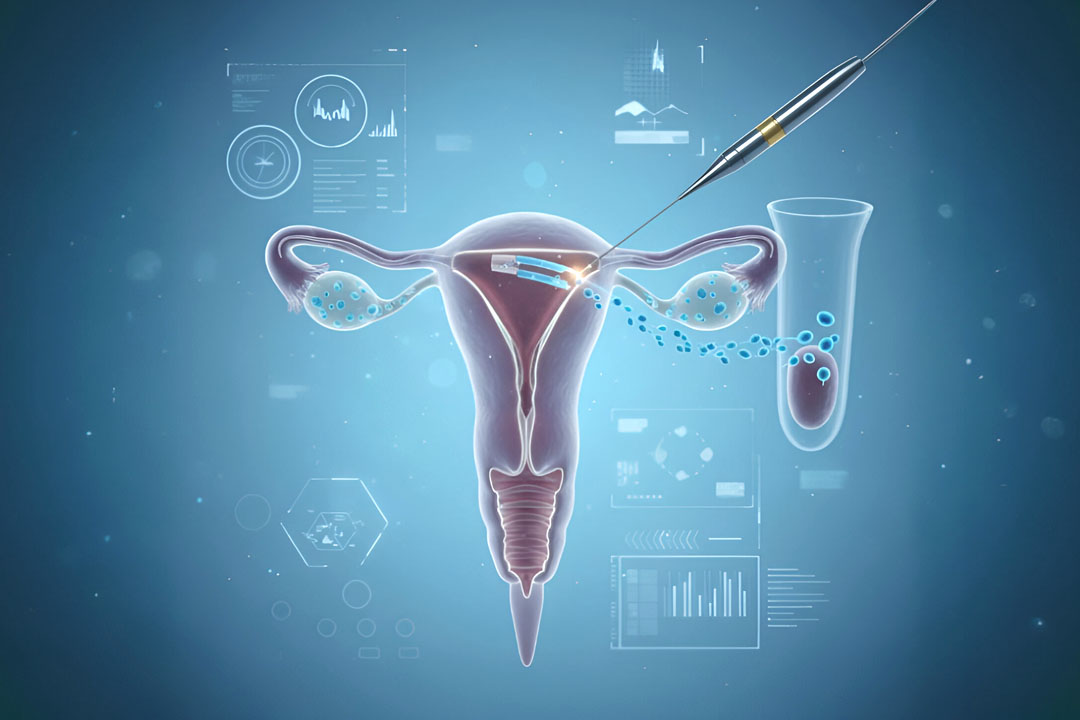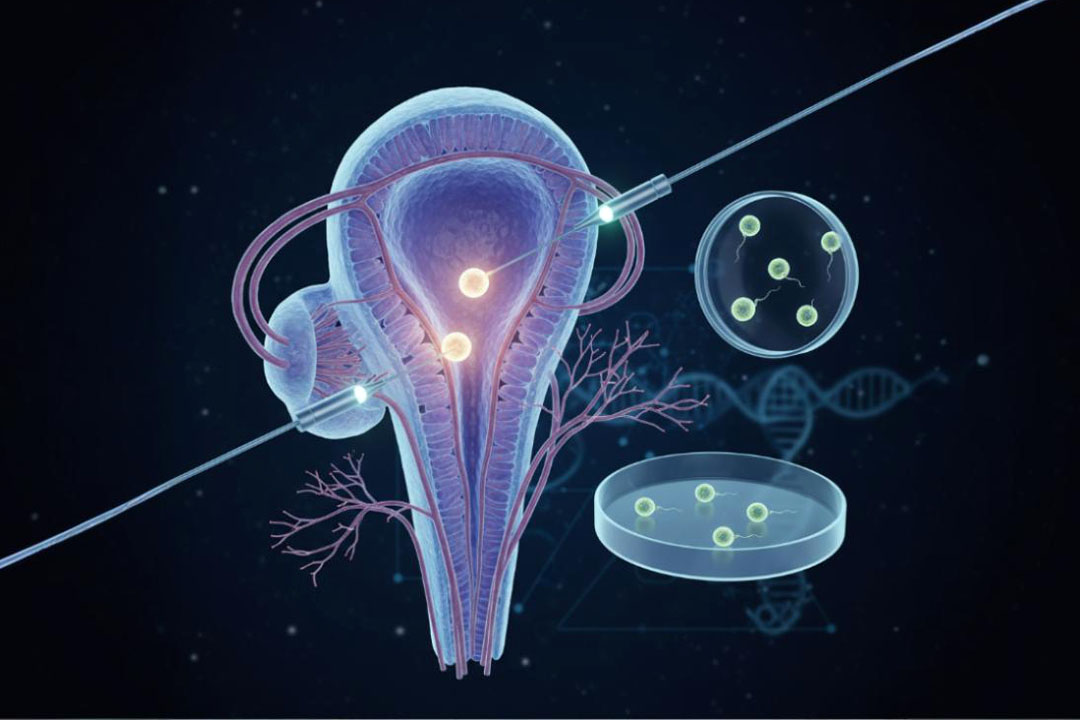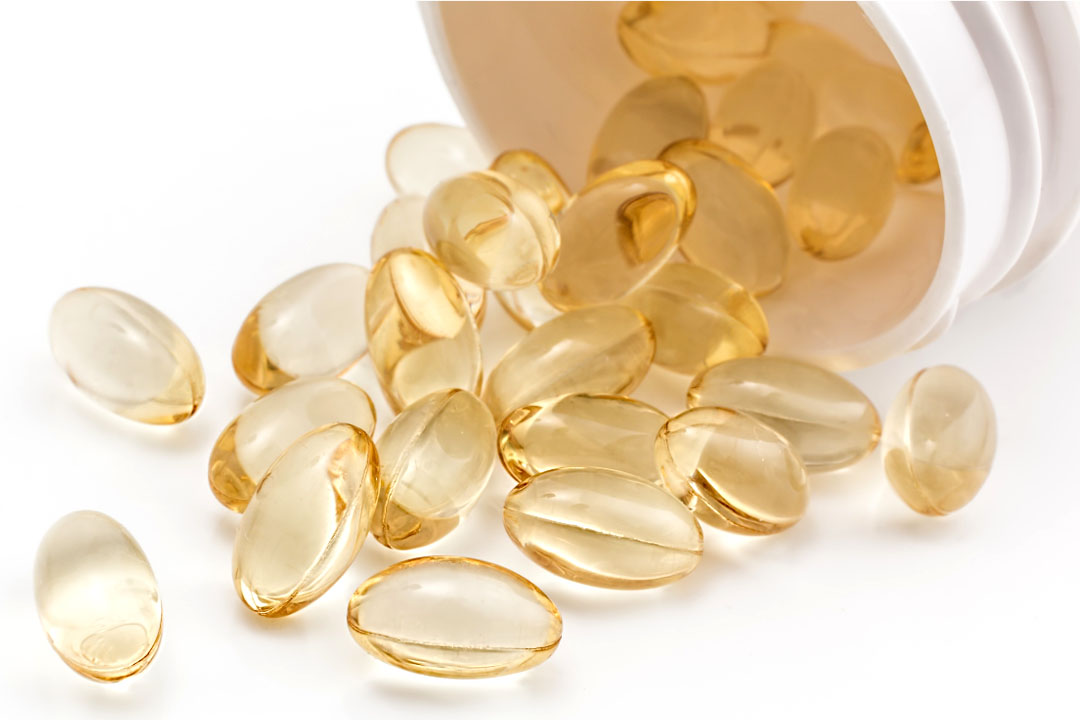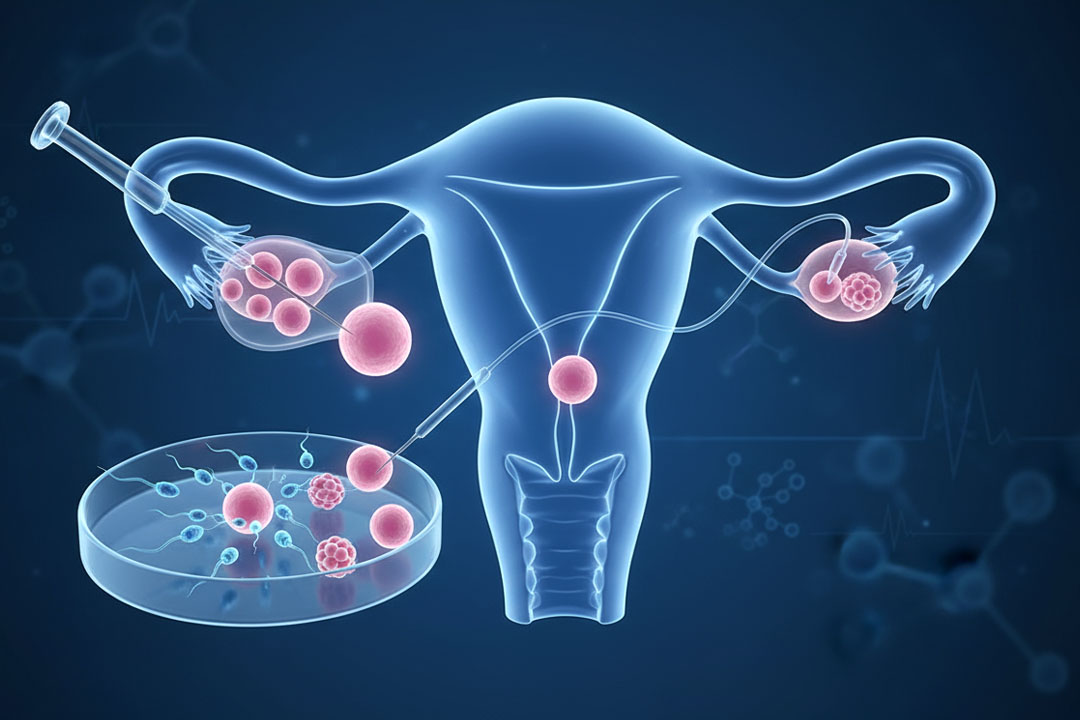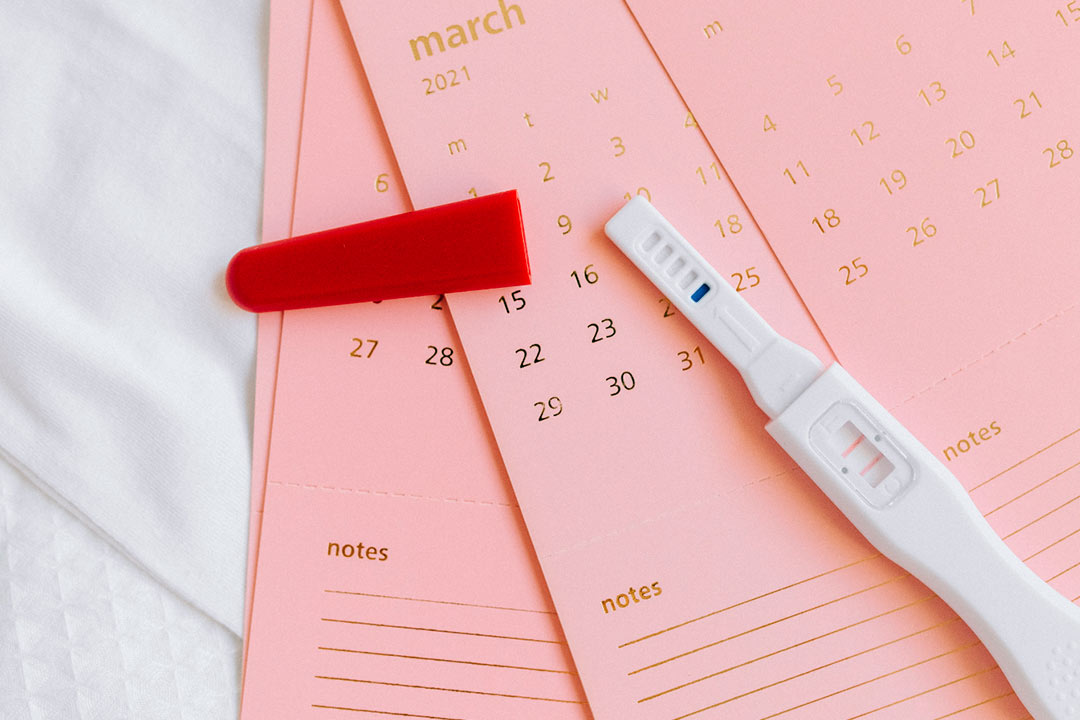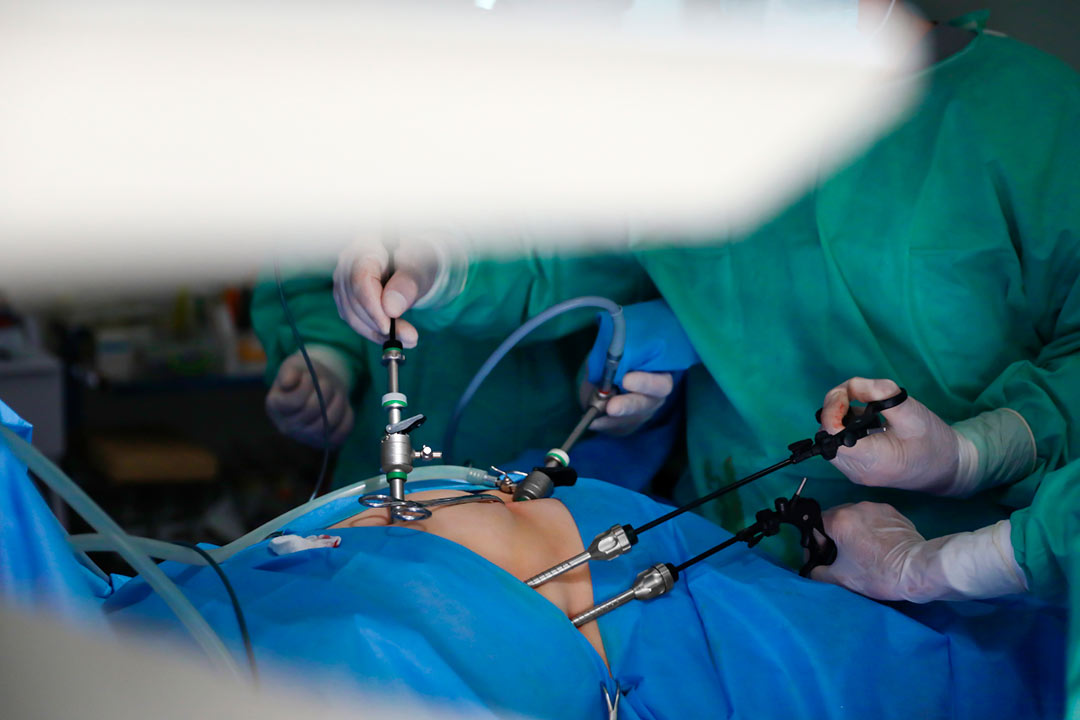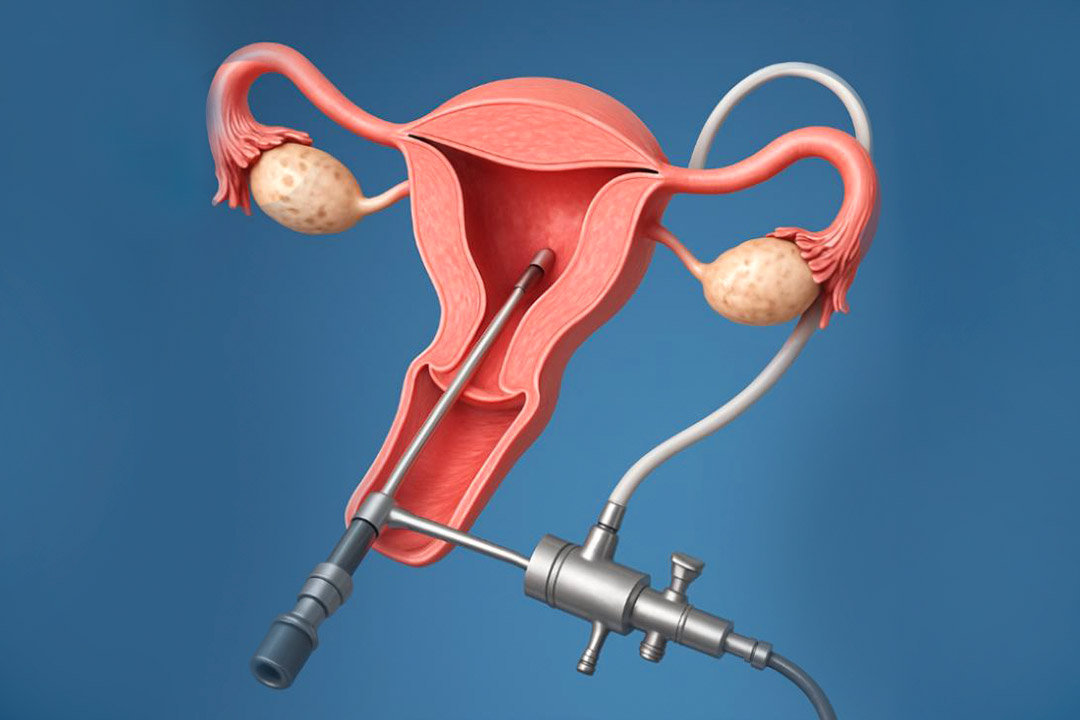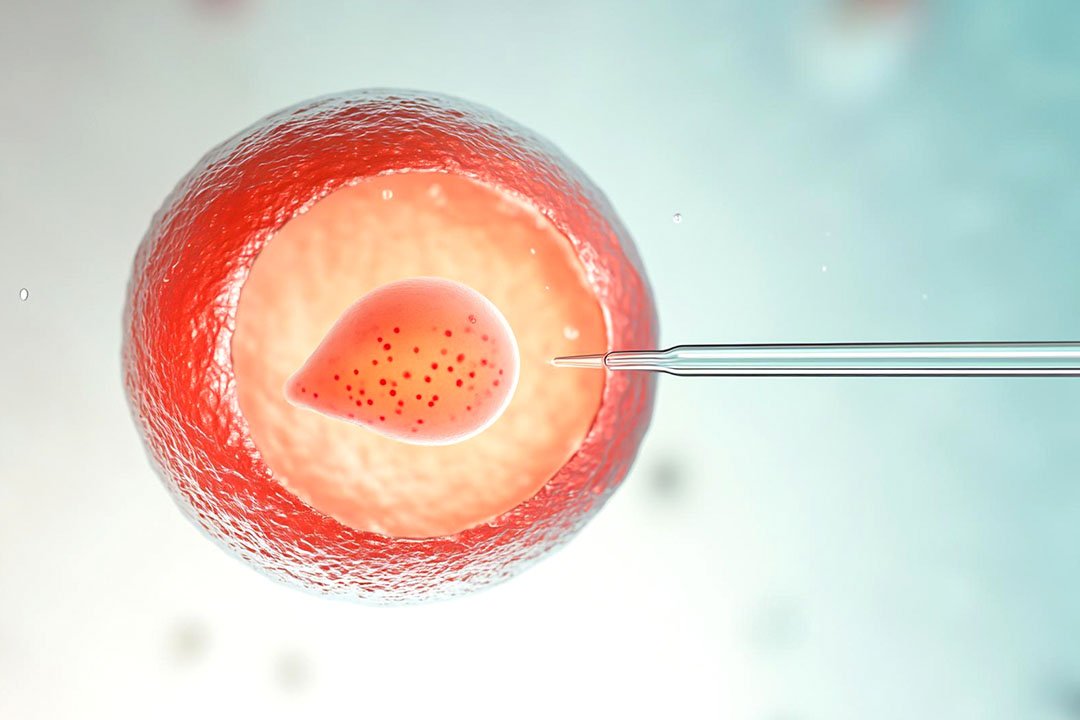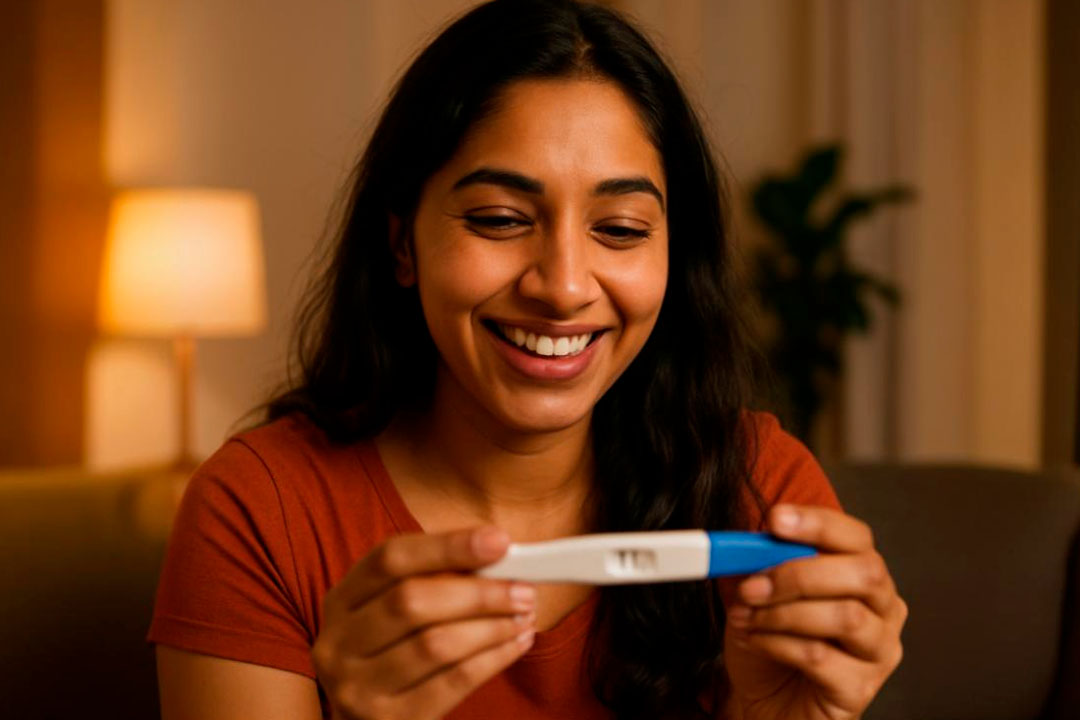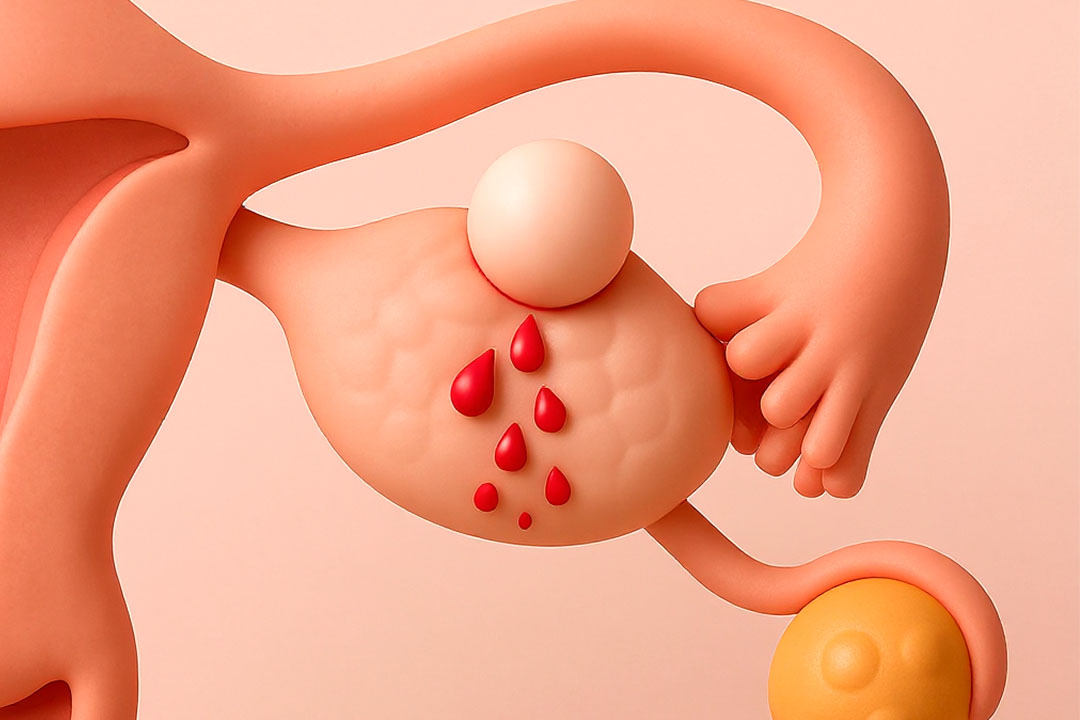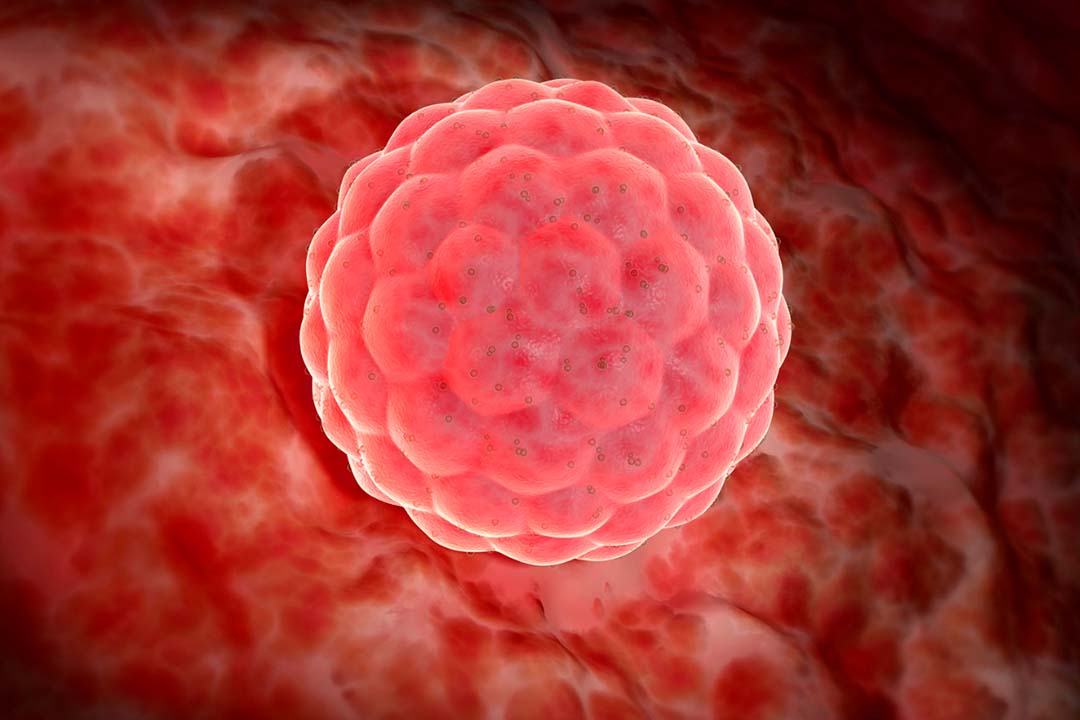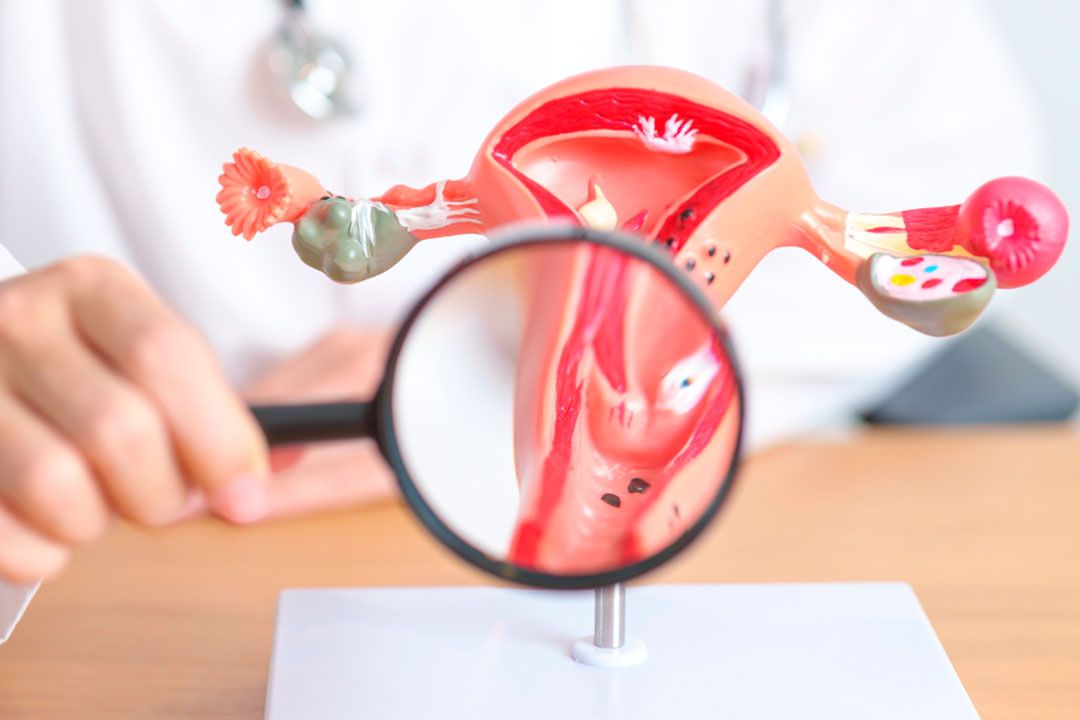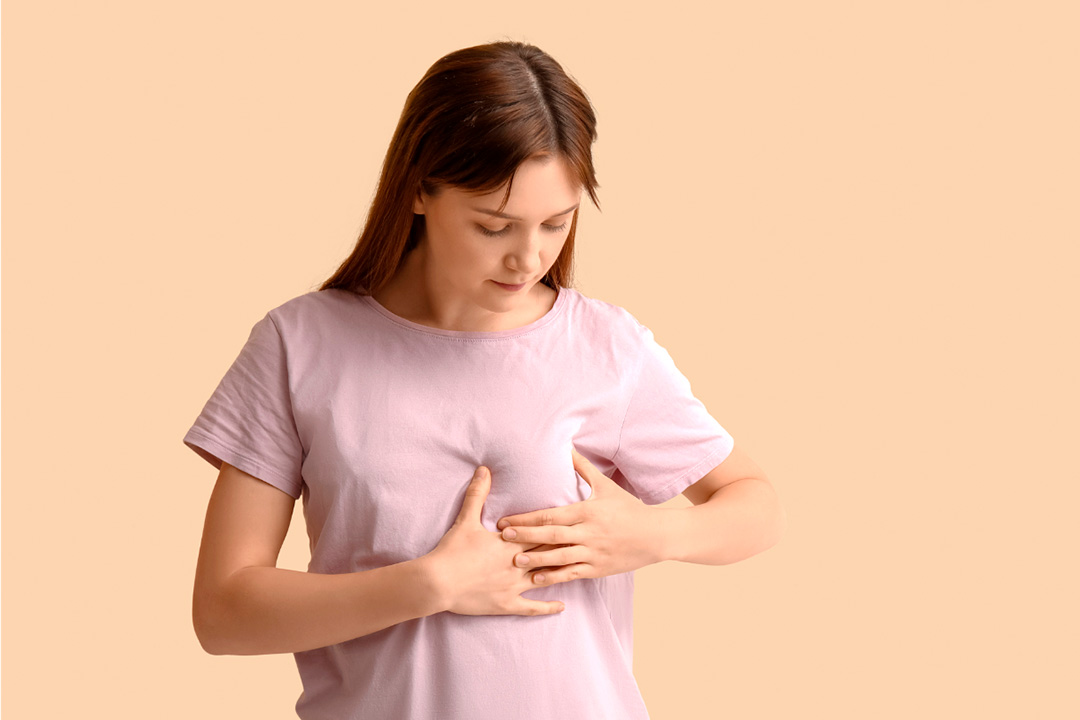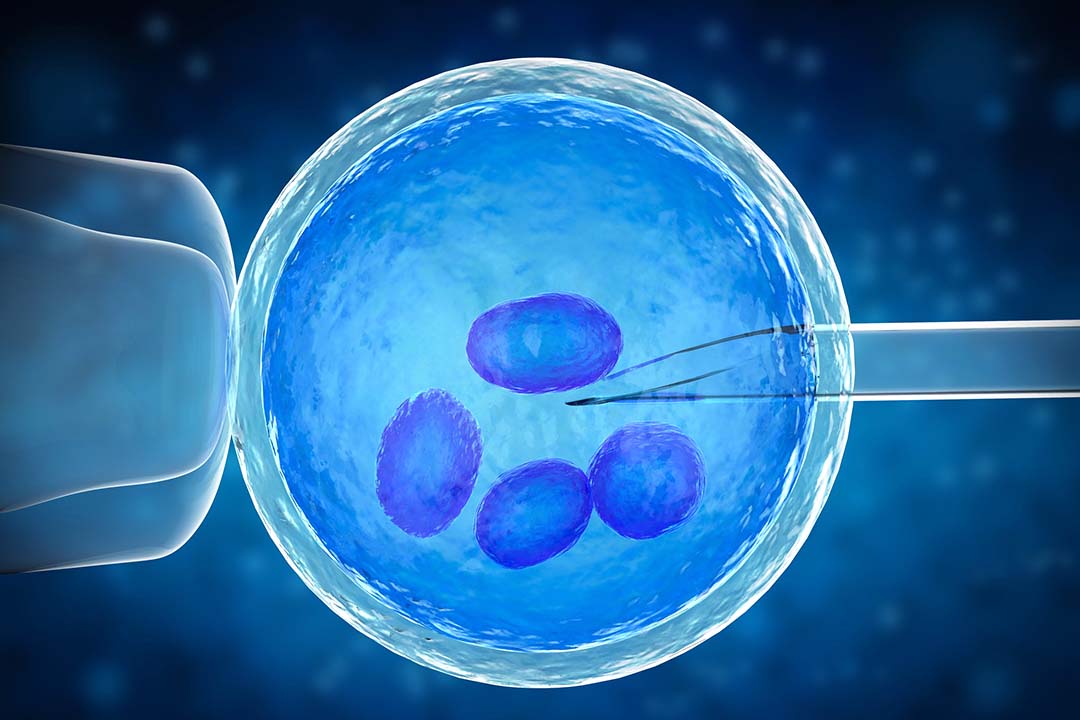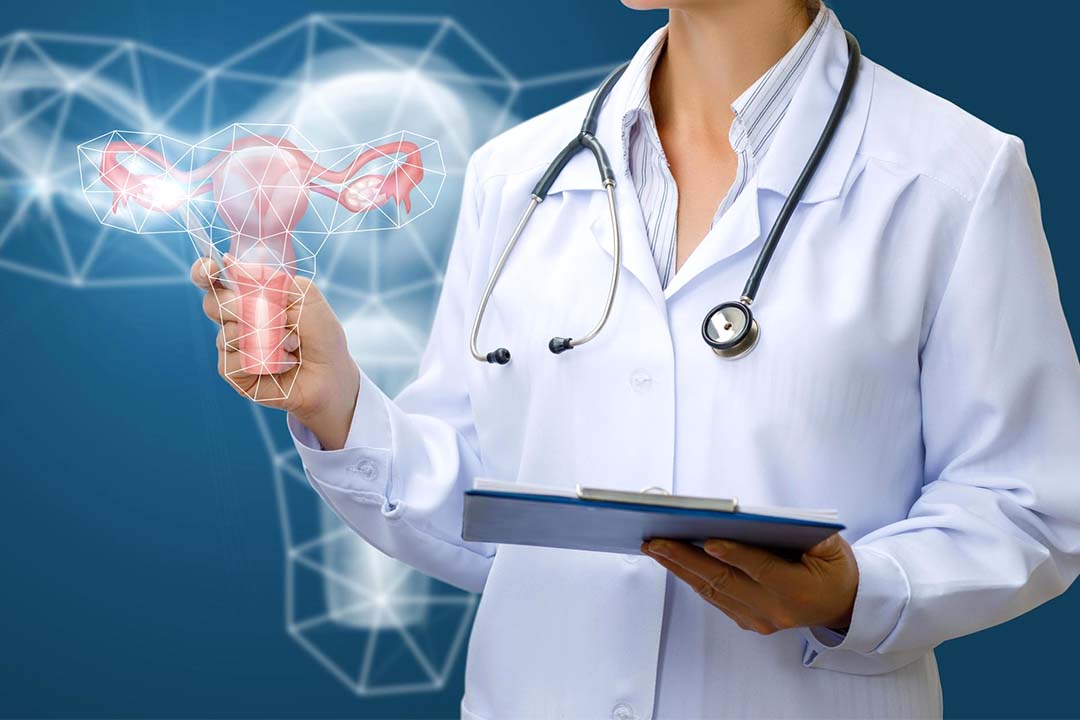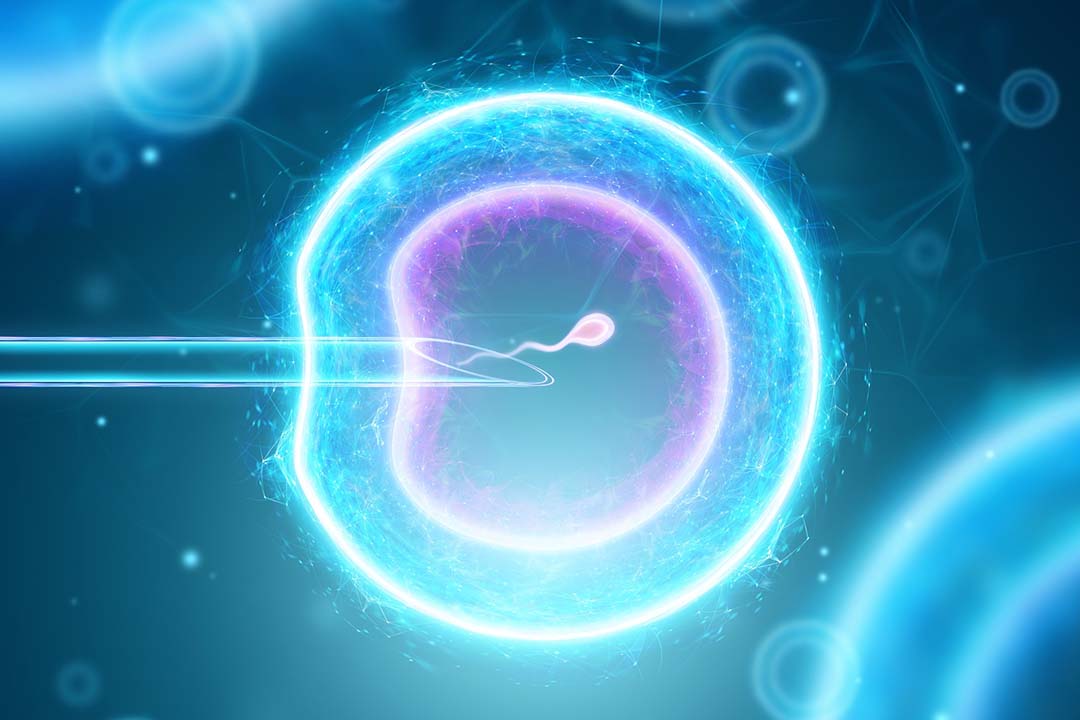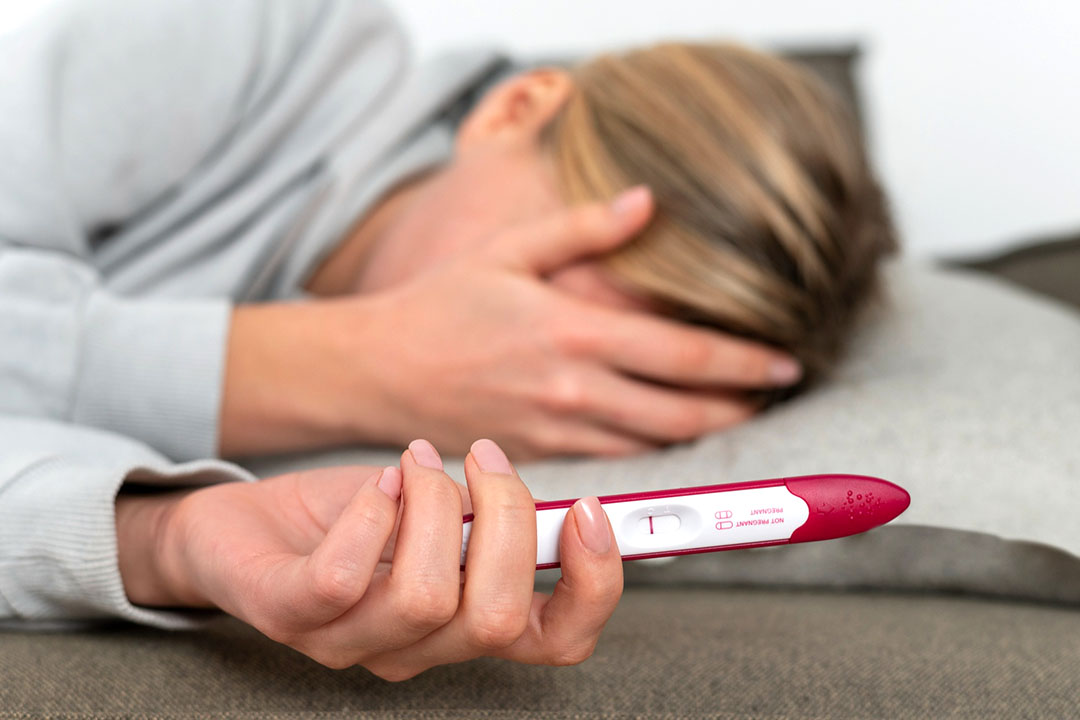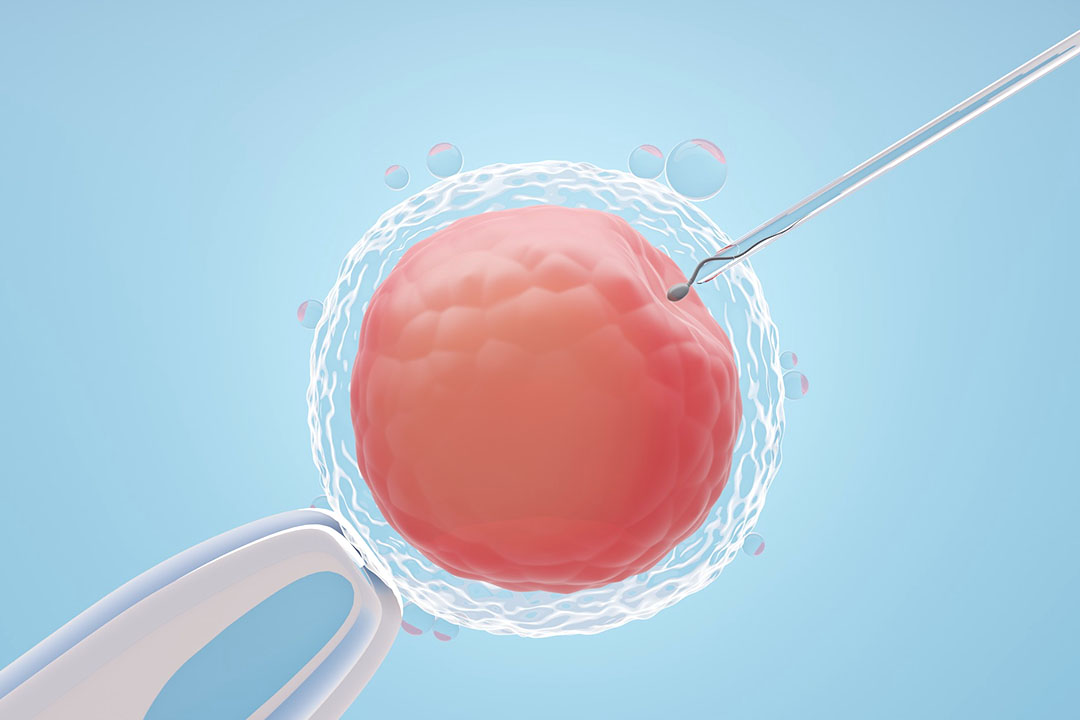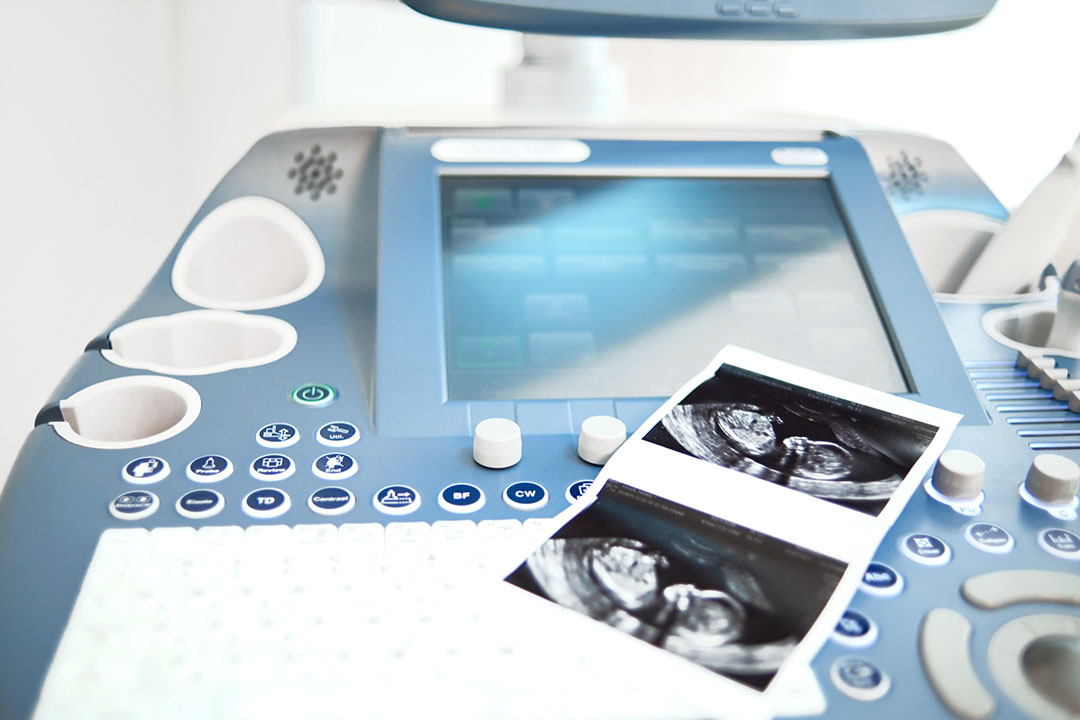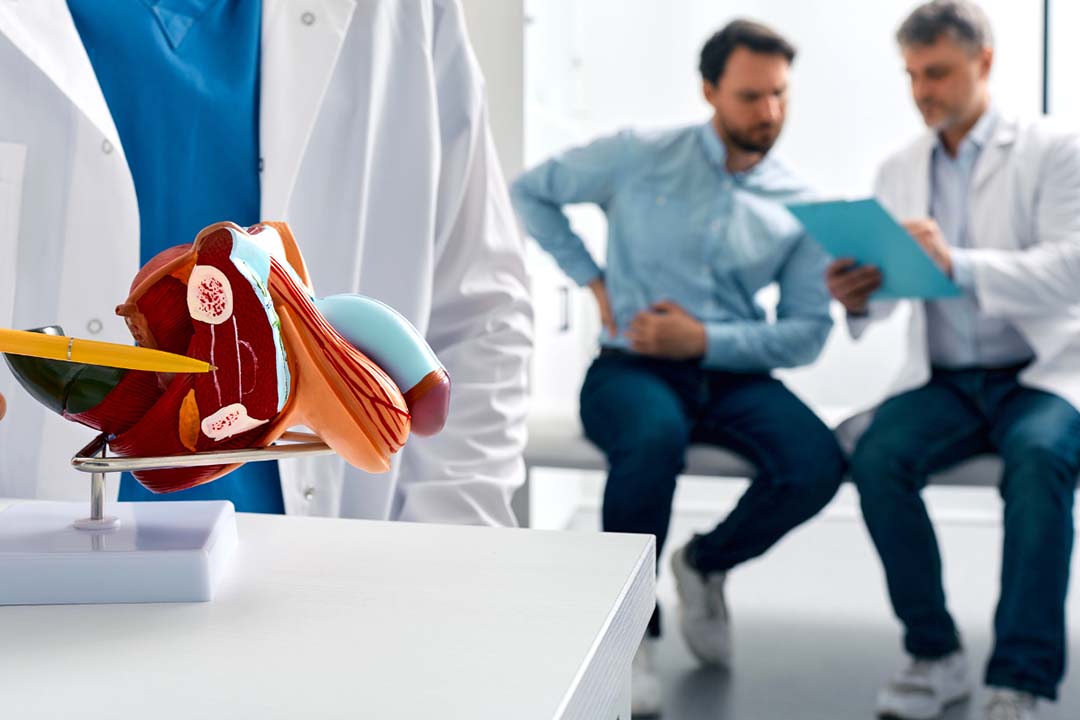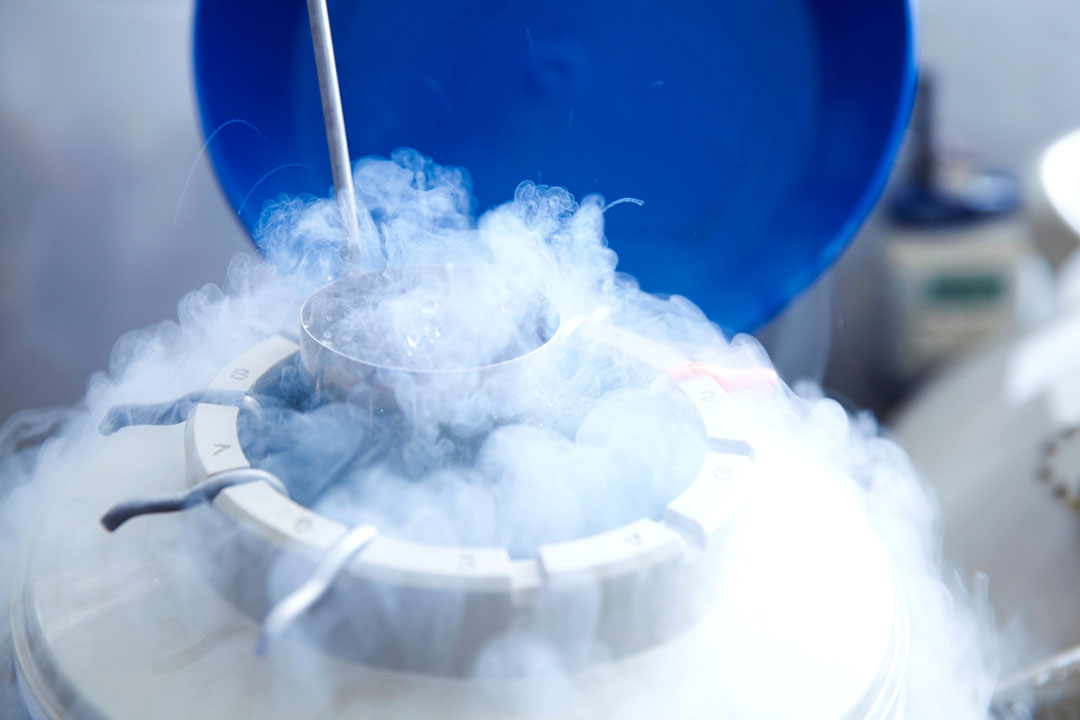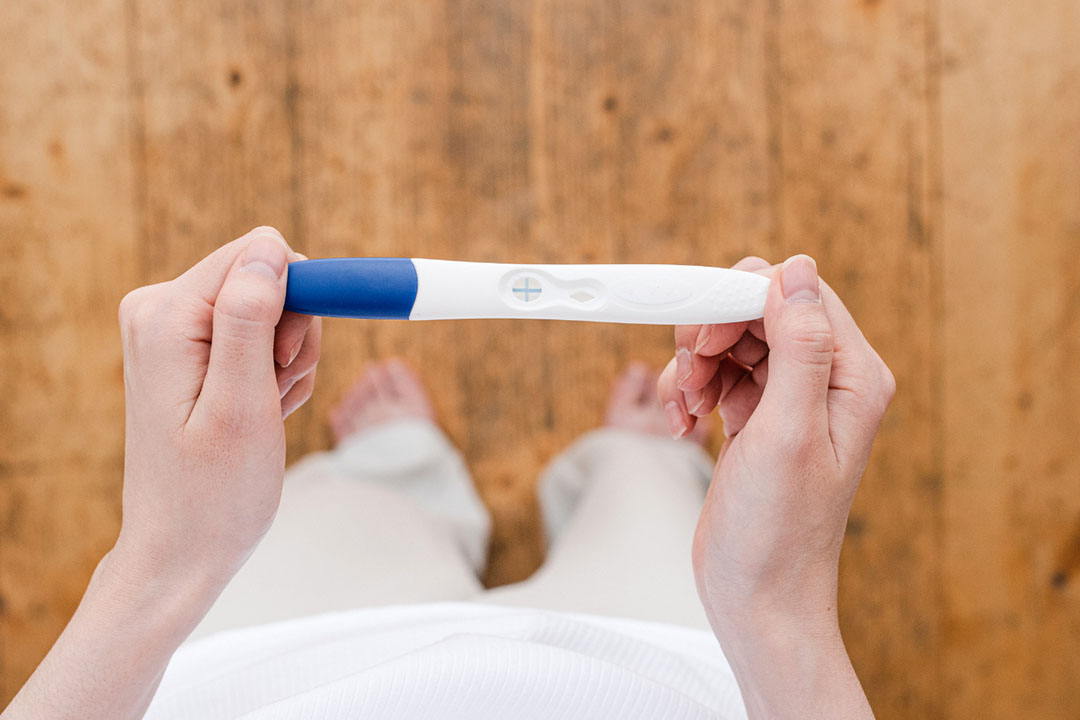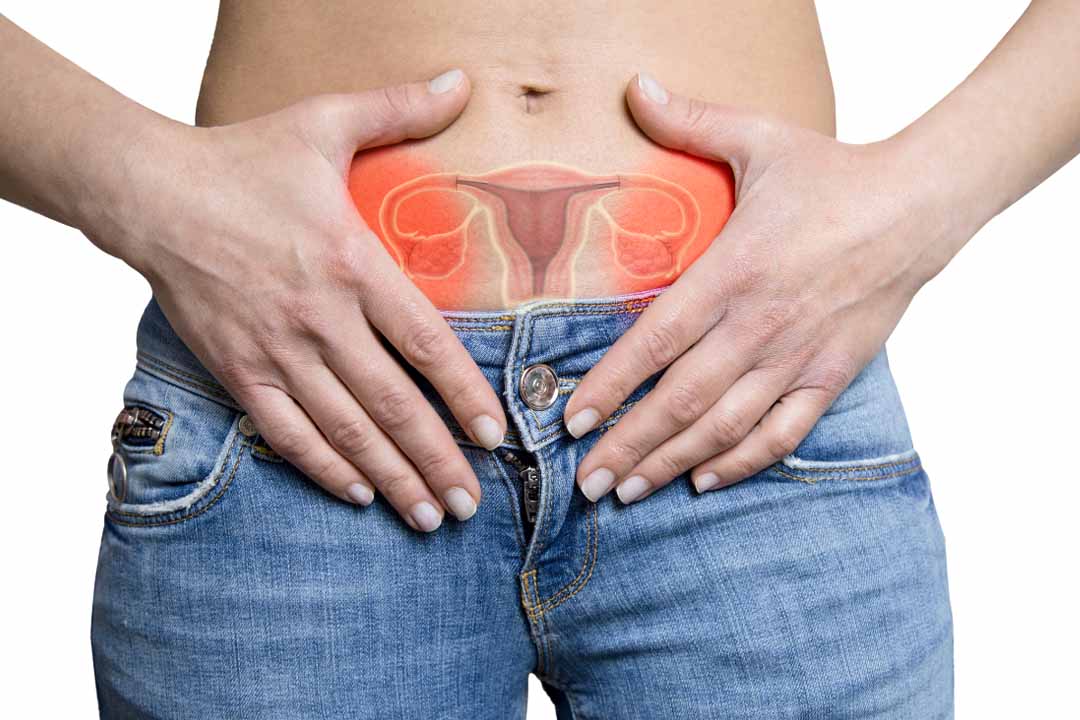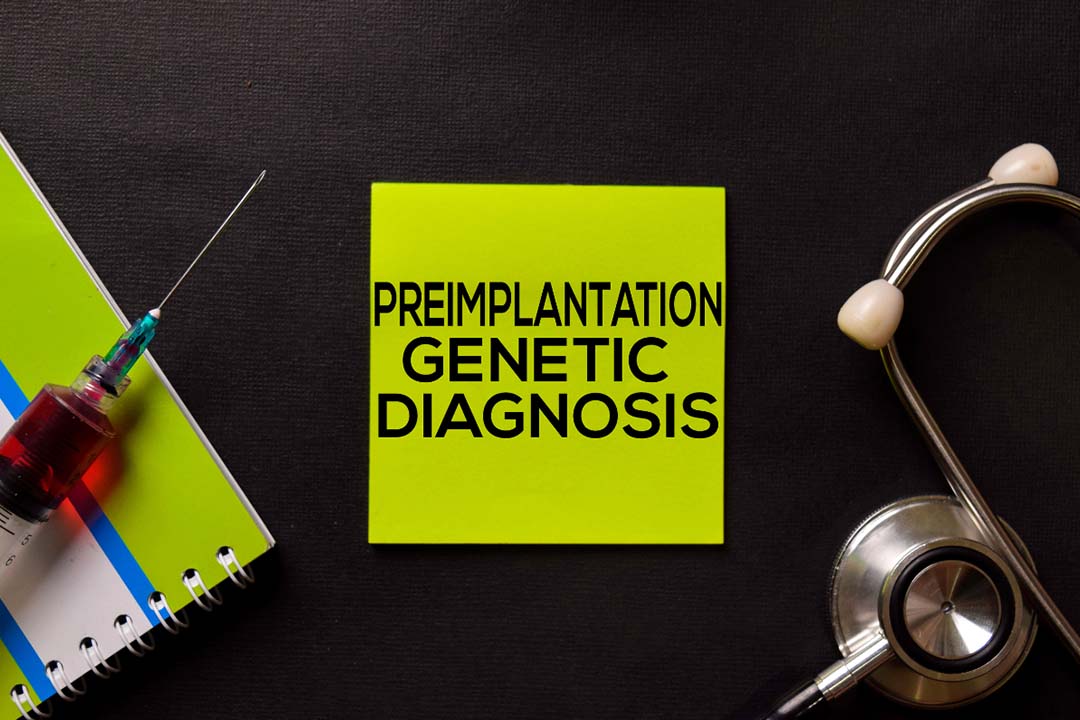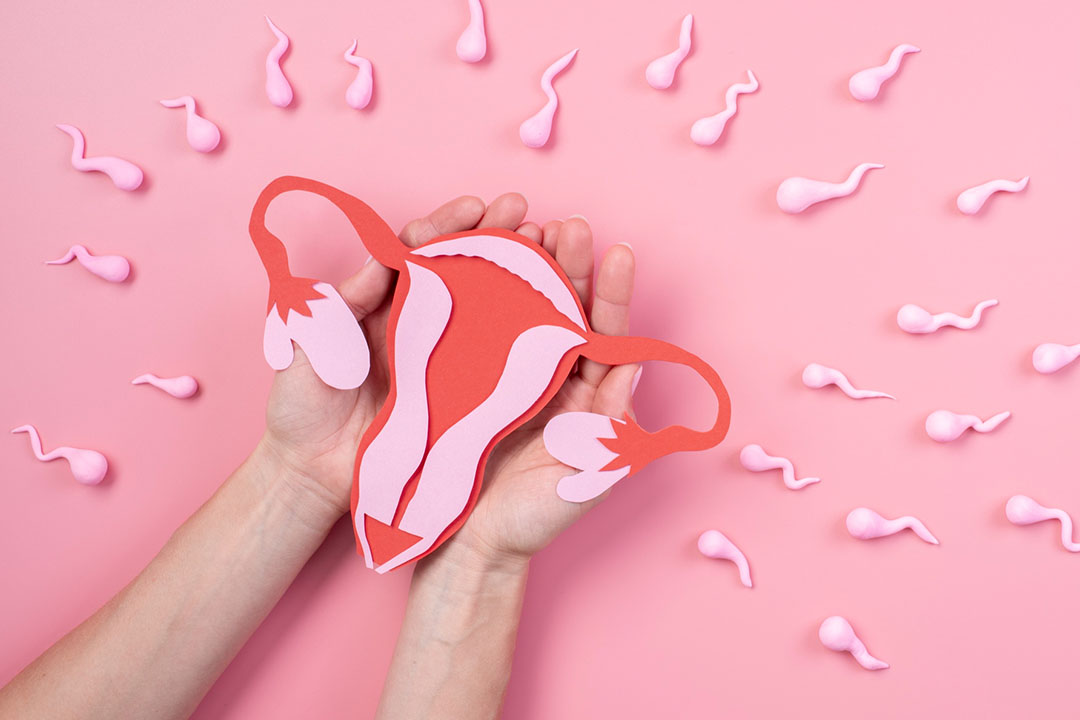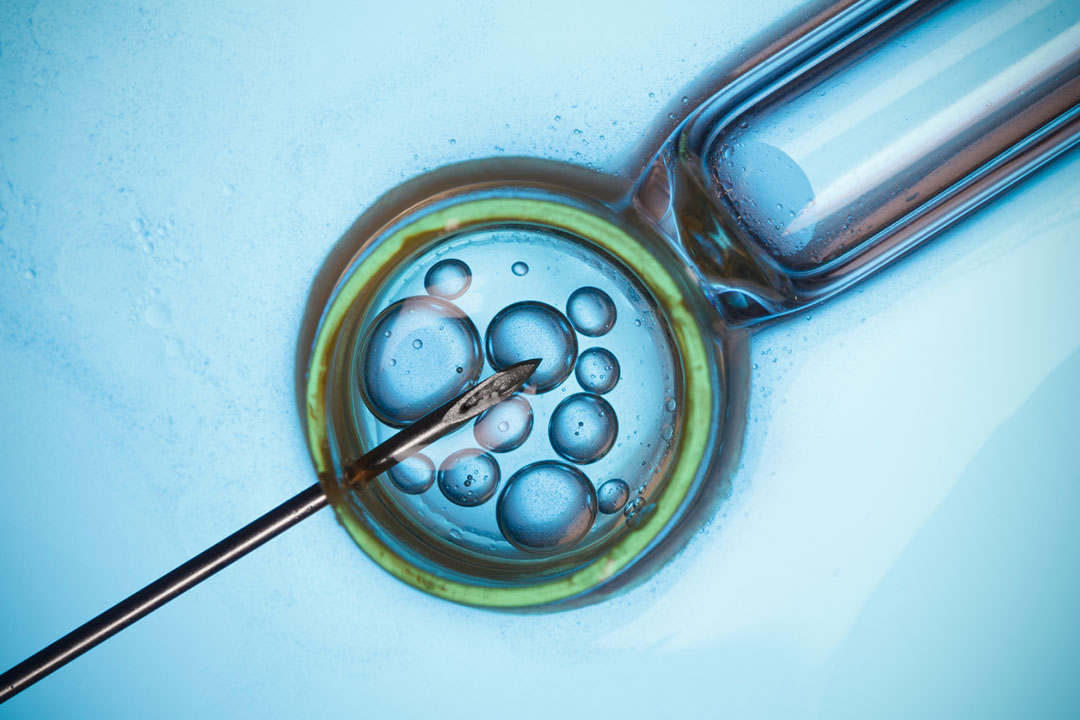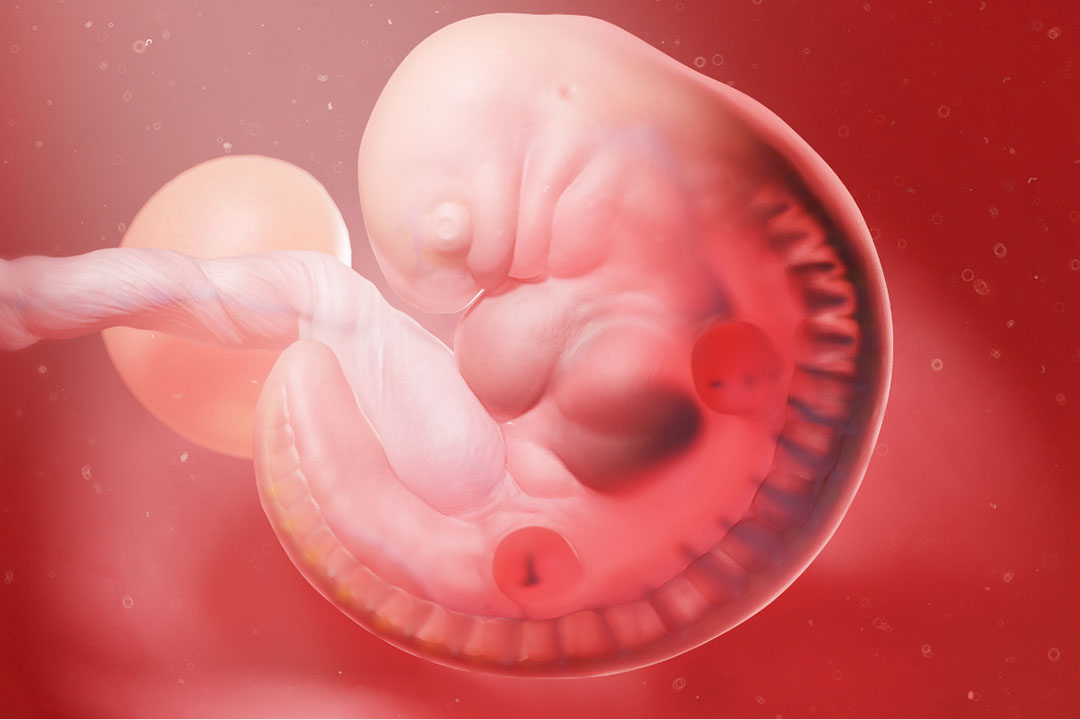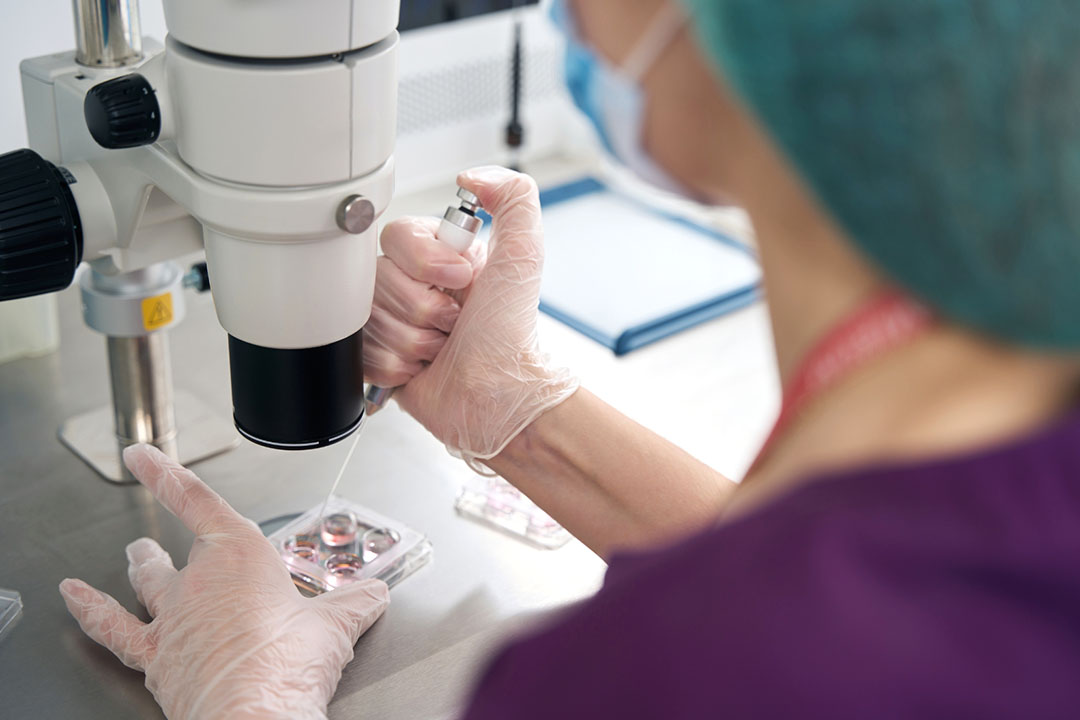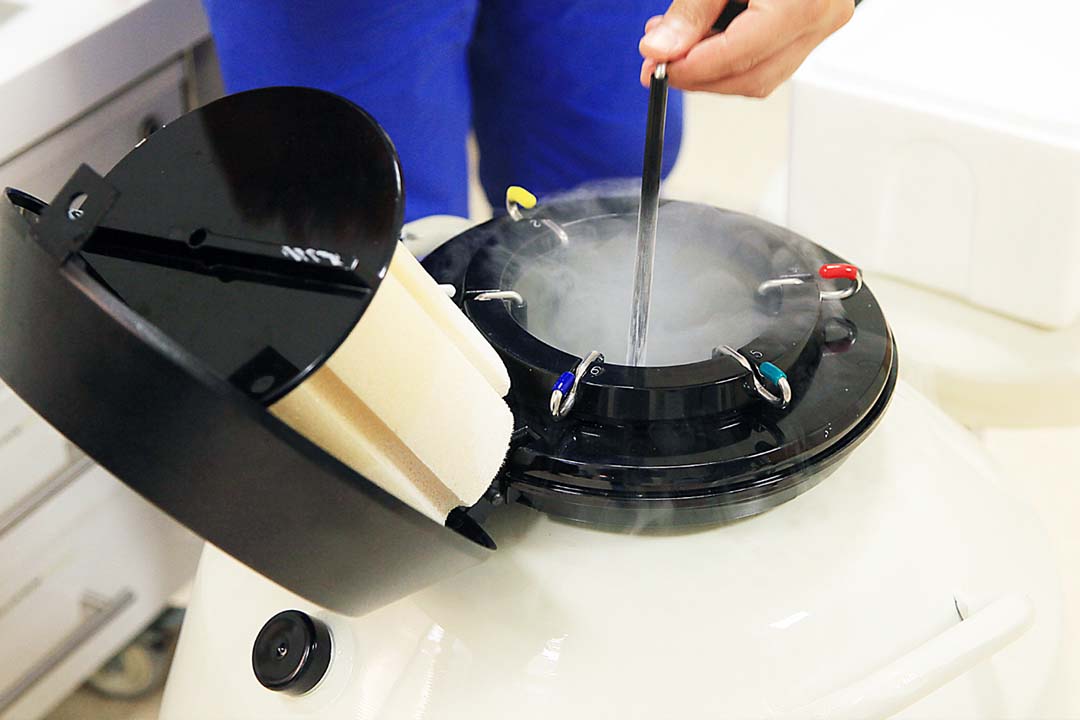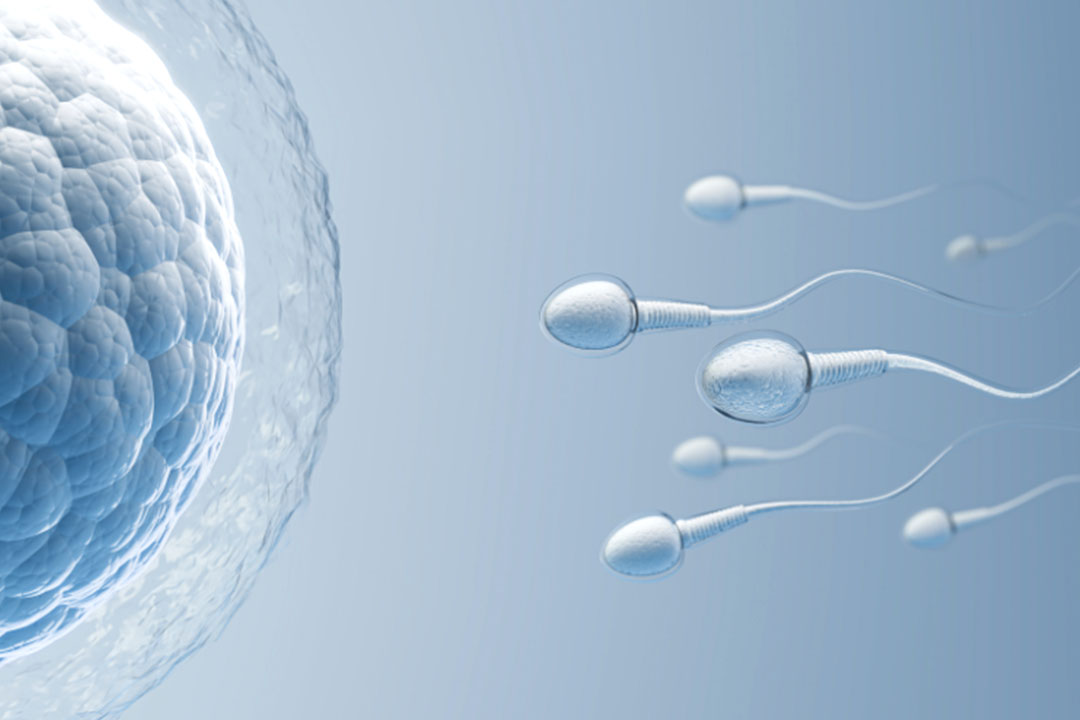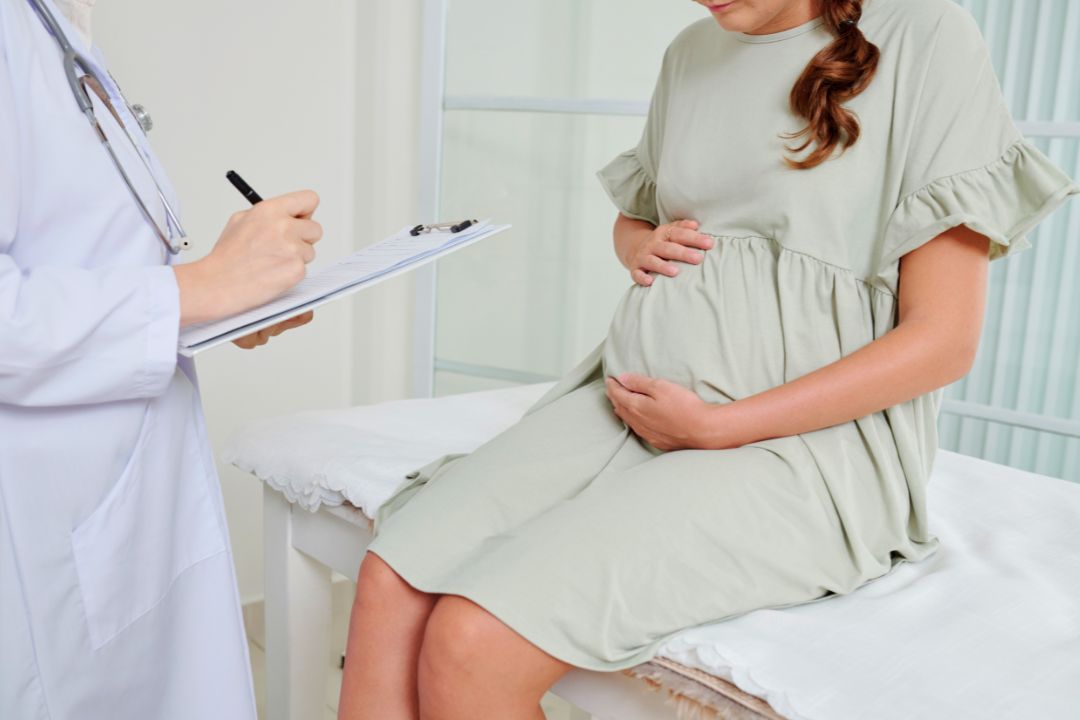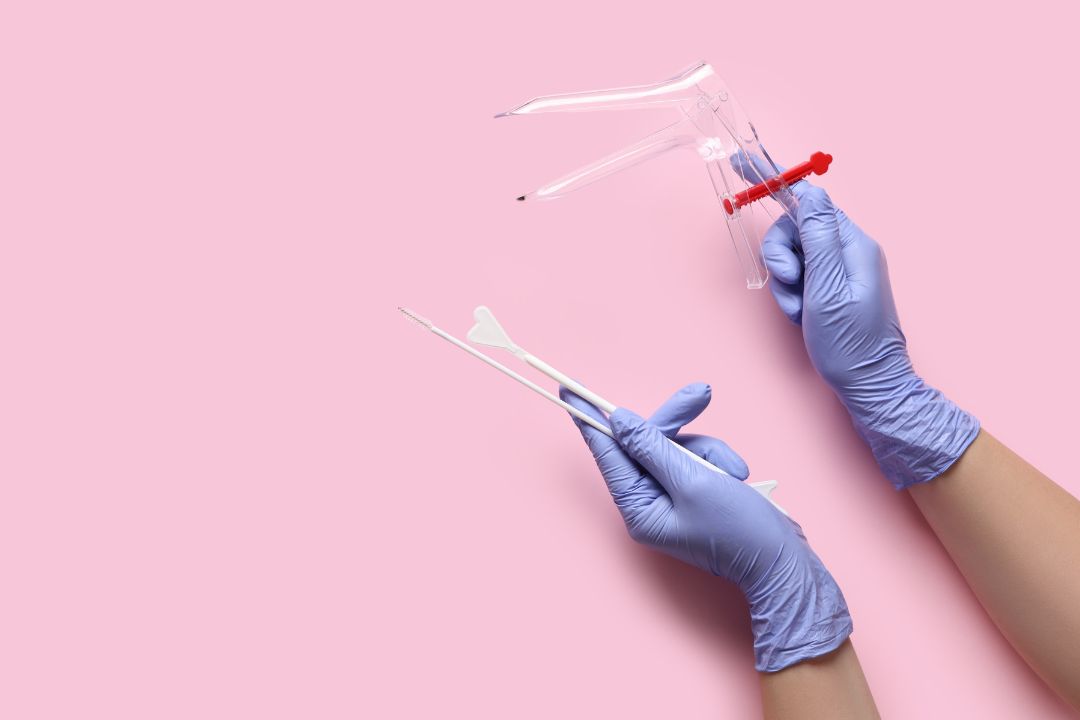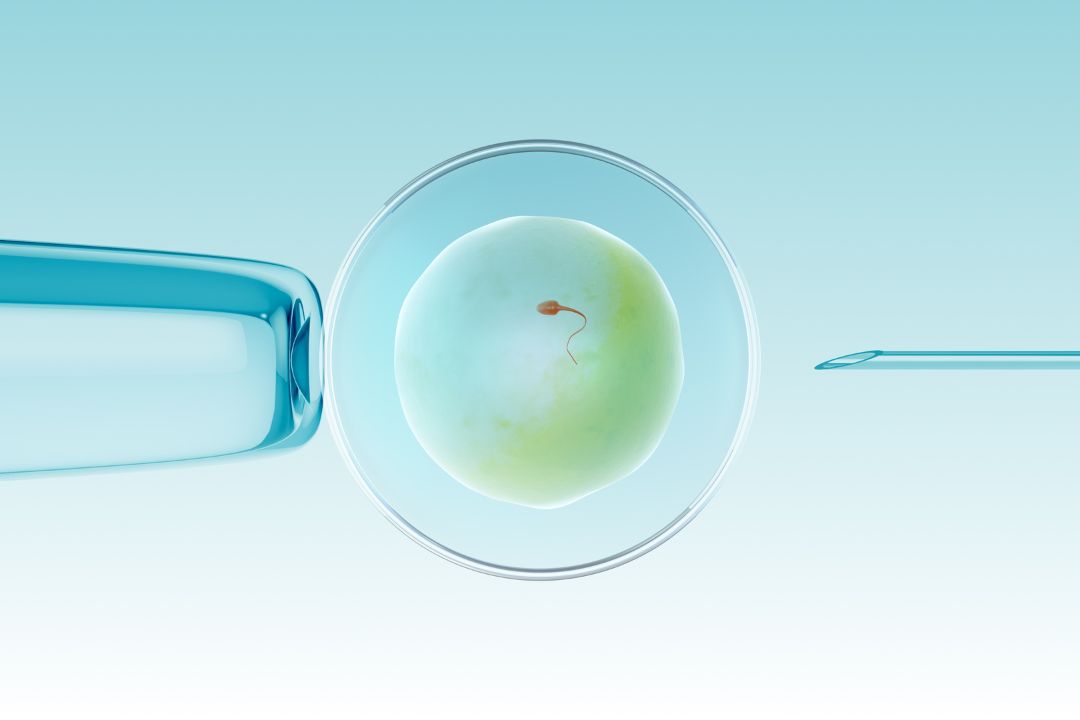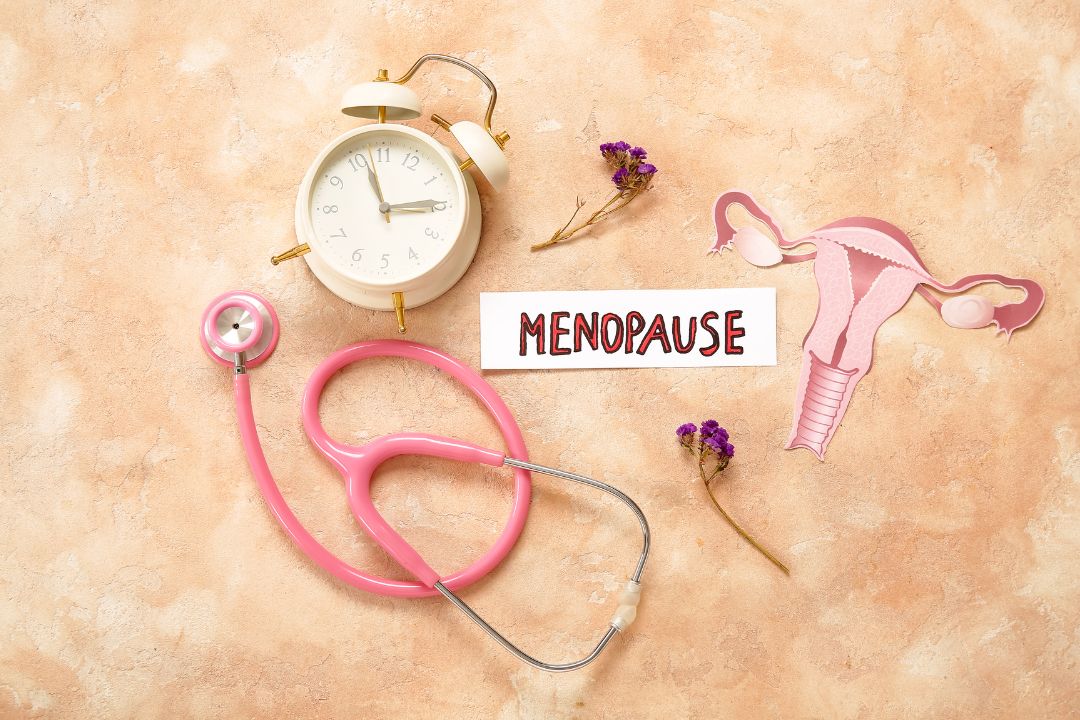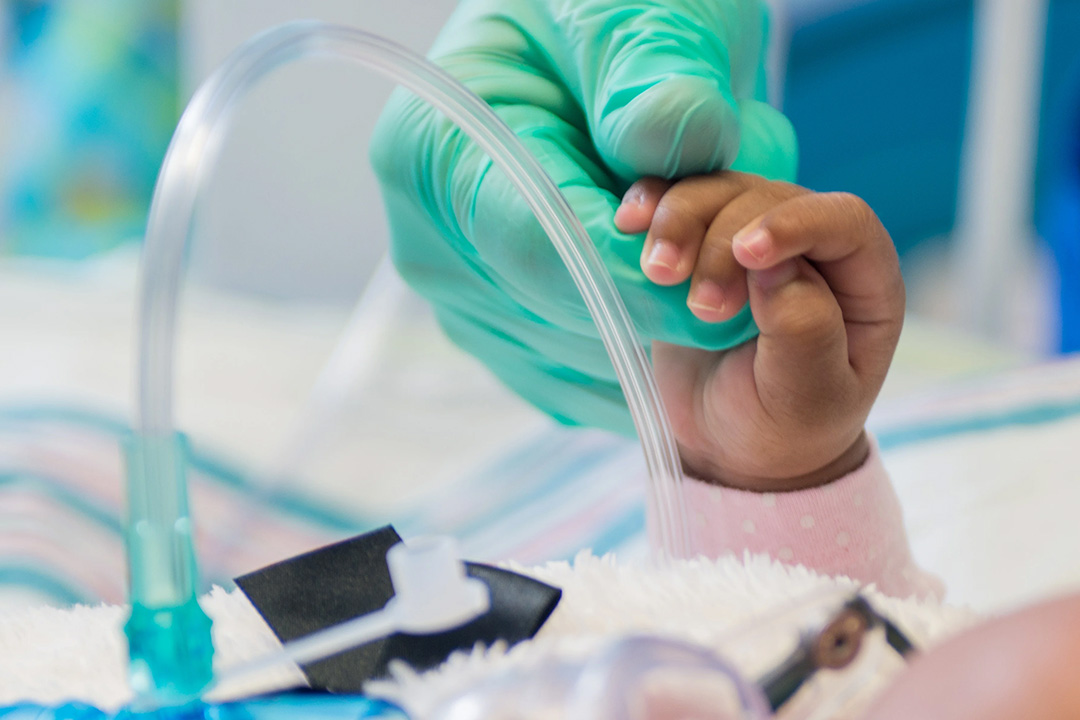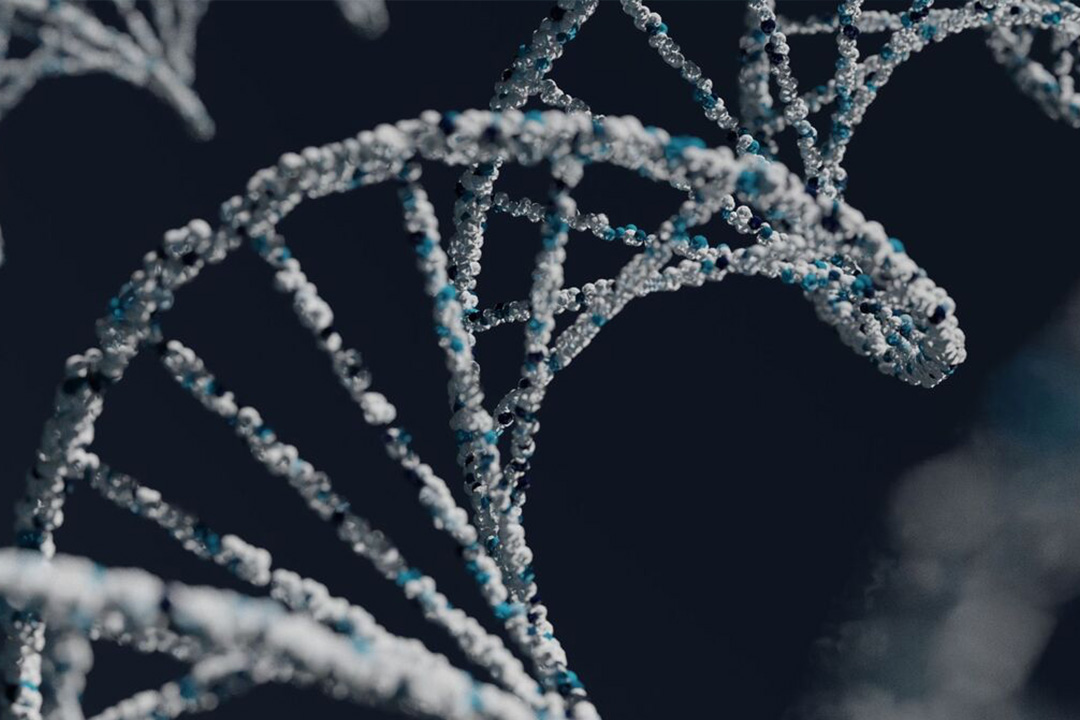Low AMH Treatment: A Comprehensive Guide to Managing Fertility
This article will explain what is low AMH, its common signs, factors that lead to a low AMH level, and the most effective management strategies for this issue through changes in lifestyle and fertility treatments.

Introduction to Low AMH
One of the most important tests in diagnosing fertility in a woman would be the level of Anti-Müllerian Hormone (AMH) which measures her ovarian reserve.
Low AMH levels mean a low stock of eggs, which can affect the fertility capacity but not necessarily make a woman barren.
However, this does not mean that a woman with low AMH cannot get pregnant – she just has to act in time and with the help of additional assistance.
For this reason, early diagnosis is important since it enables the couple to consider other treatments.
These include lifestyle changes, fertility-enhancing treatments, or other assisted reproductive procedures to enhance their opportunities for conceiving.
It is advisable since attending a consultant comes with the added advantage of addressing personal problems.
It enables them to make informed decisions regarding their reproductive system and what lies ahead of them wherever they find low AMH.
What is Low AMH?
AMH low means a reduced ovarian reserve, often associated with age, genetics, or certain health conditions.
Despite the fact that it reduces the number of eggs produced and ready for ovulation, it may not be considered infertility.
It should be noted that women with low AMH still can conceive, but to do so, they will have to make certain efforts.
Elements like diet, genetic predisposition, and other diseases can cause certain changes in the level of AMH.
When a woman realises that she cannot conceive, it is advisable to get fertility tests as they can be advised to change their way of living, get treatment, or use fertility treatments or reproductive technologies.
AMH awareness empowers women so that they can make the right decisions as they plan their future with or without the child.
Symptoms of Low AMH
| Symptoms | Description |
|---|
| Irregular menstrual cycles | Menstrual periods may become inconsistent or less frequent. |
| Difficulty conceiving | Challenges in achieving pregnancy due to reduced ovarian reserve. |
| Hormonal imbalances | Changes in hormone levels may cause symptoms like fatigue or mood swings. |
| Early menopause symptoms | Some women may experience signs of menopause earlier than expected. |
| Reduced response to fertility treatments | Lower egg production in response to stimulation during fertility treatments. |
| Absence of noticeable symptoms | Many women with low AMH levels may show no obvious signs, highlighting the importance of regular fertility testing. |
Low AMH Levels Cause
Low AMH levels causes include several factors:
- Age: AMH has been observed to decrease with age, and the effect becomes more declining after the age of 35 years due to the reduction in the ovarian pool.
- Genetic Factors: Hormonal imbalances, health risks such as Turner syndrome, or family history can put a woman at a disadvantage when it comes to the amount of immature eggs stored in the ovaries.
- Polycystic Ovary Syndrome (PCOS): While PCOS can sometimes raise AMH levels, hostile forms or untreated long-term PCOS can lower it.
- Endometriosis: This condition may lead to either the physical destruction of ovarian tissue or changes in the number of eggs or AMH.
- Autoimmune Disorders: They might damage the ovarian tissue and interfere with normal hormonal production.
- Lifestyle Factors: Drinking alcohol in large quantities, use of cigarettes, and high stress levels can affect the ovarian health of a woman as well as the levels of AMH.
- Ovarian Surgery or Damage: Any surgeries that require the intervention of ovaries, such as cystectomy, can negatively impact the ovarian reserve.
- Chemotherapy or Radiation Therapy: AMH is sensitive to cancer treatments that influence ovarian function, and tissue donation as a part of treatments can also impact the levels.
How is Low AMH Diagnosed?
Low AMH levels are identified through a series of diagnostic steps that help assess a woman’s ovarian reserve. The process includes:
- Blood Test for AMH Levels: Ovarian reserve is assessed by tests that feature the Anti-Müllerian Hormone, which is performed with a simple blood test.
- Timing of Test: Unlike some other hormones, AMH levels do not fluctuate significantly throughout the menstrual cycle, so the AMH test can be performed on any day.
- Antral Follicle Count (AFC): An ultrasound counts the number of small follicles in the ovaries, thus helping to get more information about the ovarian reserve.
- Transvaginal Ultrasound: A precise ultrasound scans assess the ovarian function and number of follicles present.
- Hormonal Panel Testing: Other laboratory tests that are commonly taken are FSH (Follicle follicle-stimulating hormone) and estradiol levels blood tests as part of fertility screening tests.
- Medical History Review: A doctor will also consider the active and passive lifestyle and evaluate the family or personal health issues that might have caused AMH's low levels.
- Age Factor: This study also believes that age influences the levels of AMH considerably.
- Menstrual Cycle Analysis: Absence of periods, delayed periods, or irregular periods may warrant a test to check a low AMH.
- Physical Examination: Sometimes, signs such as congenital anomalies in the pelvis are considered.
- Consultation with a Specialist: The investigations and findings yield a fertility specialist, with recommended measures or therapies to be offered.
Understanding the AMH Test: What Do the Numbers Mean?
The AMH test results are typically classified as follows:
| AMH Levels (ng/mL) | Interpretation |
|---|
| Above 3.0 | High reserve, often seen in PCOS |
| 1.5 – 3.0 | Normal ovarian reserve |
| 0.5 – 1.0 | Low ovarian reserve |
| Below 0.5 | Very low ovarian reserve |
Success Rates of ICSI Treatment
Generally, the ICSI treatment success rates may vary from 30/70% and this depends on several factors.
The factors include the age of the woman, egg and sperm quality and fertility problems which the couple might be facing.
Overall, success rates are lower when the woman is older in age, and the quality of eggs directly impacts the results of the procedure.
| Women’s Age | Success Rate |
|---|
| Under 35 years | 45-50% |
| 35-37 years | 40-45% |
| 38-40 years | 30-35% |
| Over 40 years | 15-25% |
These levels provide insight into ovarian health and guide fertility treatment plans.
Low AMH Levels and Fertility
Can I get pregnant with low AMH? Of course, conception is still possible with low AMH counts, but it might not be easy compared to women with high levels of this hormone.
AMH is the metric that gives information predominantly about the number, not the quality of the eggs, so other conditions, such as age, hormonal balance, etc, influence it.
It is important to note that any woman can conceive naturally; however, the probability may be reduced,d especially due to age in women with low AMH.
The probability of pregnancy can be brought by methods such as In-vitro Fertilization (IVF), methods such as ovulation stimulation or techniques such as the removal of eggs and implantation into the uterus.
Consider an appointment with a fertility specialist to receive more specific guidance, as well as think about the potential changes in the diet, treatment process, or the changing of dish operation for embryo transfer that would enhance the chances of getting pregnant.
Low AMH Treatment Options
Low AMH treatment involves both medical and non-medical approaches:
1. In-vitro fertilisation (IVF)
- IVF is the most successful treatment modality for those with low AMH.
- Procedures such as ICSI (Intracytoplasmic Sperm Injection) may increase fertilisation possibilities.
- For women with poor ovarian function, utilisation of donor eggs is acceptable.
2. Hormonal Therapies
- There are some drugs which improve ovarian function and the quality of the eggs such as DHEA.
- Estrogen priming might enhance the ovaries’ preparedness forIVF treatment.
- Buserelin is used in hormone treatment for breast cancer, while Gonadotropins are used to encourage the growth of eggs during fertility procedures.
3. Lifestyle Modifications
- Consuming foods that are antioxidants in nature is useful in helping maintain a healthy ovary.
- To improve fertility, managing stress by participating in activities such as practising yoga or meditation is very encouraging.
- Balancing weight proves pivotal for hormones and egg quality to improve.
4. Supplements
- Coenzyme Q10 increases the efficiency of mitochondria within eggs and enhances the quality of the reproductive material.
- Vitamin D is critically important for fertility and healthy ovarian activity.
- Omega-3 fatty acids regulate hormones and the inflammatory system.
5. Alternative Therapies
- Acupuncture can increase blood circulation to the ovaries and the quality of the eggs.
- Ayurvedic and herbal remedies are helpful to treat infertility when they are taken under medical guidance.
Natural Ways to Improve Low AMH Levels
| Natural Ways to Improve Low AMH Levels | Description |
|---|
| 1. Balanced Diet | Take vitamins, antioxidants, and healthy fats in your diet to maintain the health of the ovary. |
| 2. Stress Management | Engage in exercise such as yoga, meditation or mindfulness to help manage stress and thereby bring about hormonal balance. |
| 3. Regular Exercise | Partake in regular exercise for increased health and better hormonal balance. |
| 4. Supplements | Use Coenzyme Q10, Vitamin D, and Omega-3 fatty acids for improving the quality of the eggs. |
| 5. Avoid Harmful Habits | Stop smoking, avoid drinking alcohol and minimise exposure to pollutants. |
How to Increase Low AMH Levels with Lifestyle Changes
Adopting healthier habits can enhance ovarian function:
- Exercise for Low AMH: Mild forms of exercise like yoga and swimming help in increasing blood supply to the ovaries.
- Stress Management: Stress is known to alter the hormonal balance; therefore, stress reduction forms a key part.
- Sleep: Establishing a fixed bedtime improves metabolic regulation through hormones.
- Healthy Diet: The studies indicate that a proper diet, including antioxidant-rich foods as well as vitamin-rich foods and good fats, is crucial in the maintenance of ovarian health.
- Weight Management: Being in a healthy weight ensures that the hormones are balanced and the chance of conceiving increases.
- Avoiding Toxins: Limiting toxin intake, including smoking and environmental pollutants, can help preserve ovarian health.
Role of Advanced Fertility Treatments in Low AMH
Advanced Fertility offers effective low AMH levels treatments, utilising modern technology to enhance reproductive outcomes:
1. In-vitro fertilisation (IVF)
- The best treatment recommended for low AMH is IVF.
- Stimulation of the ovaries assists in getting more than one egg for fertilisation.
2. Intracytoplasmic Sperm Injection (ICSI)
- A sperm is placed directly into an egg to increase the chances of fertilisation.
- This is especially helpful for men with low sperm count or poor quality eggs in the female partner.
3. Egg Freezing
- Stores eggs that are removed during treatment for future use by freezing.
- Recommended for women who prefer contraceptives or have low AMH levels.
4. Donor Eggs
- An option for female patients with poor levels of ovarian reserve remaining.
- Leads to higher success rates of IVF cycles.
5. The Preimplantation Genetic Testing (PGT)
- Tests embryos for inherited diseases before transferring them into the womb of the surrogate.
- Increases the chances of a healthy pregnancy.
Emotional and Psychological Impact of Low AMH
Low amh levels may cause some psychological issues such as stress, anxiety, and some sort of questions over one’s self-worth. Coping strategies include:
- Fertility Support Groups: Survivorship is comforting, and living with others who have similar experiences allows patients to feel at ease.
- Counselling Sessions: This is a service that offers a solution to emotional issues and gives the person strategies to handle most of them.
- Mindfulness Practices: Meditations, deep breathing exercises, and similar methods help lower stress levels and maintain emotional health.
- Open Communication: Telling someone's feelings to a spouse or a family member strengthens the bond since the other person is able to understand.
- Self-Care: Self-care means paying attention to what kind of pastimes and interests refresh and benefit the mind.
Reason of Low AMH in Younger Women
The reason of low AMH in younger women may include:
| Reason | Description |
|---|
| 1. Genetic Factors | Genetic factors influencing low OR also influence the levels of AMH ancestry because it is an innate characteristic. |
| 2. Autoimmune Disorders | Circumstances where the autoimmune system targets ovary tissue, therefore lowering egg production. |
| 3. Environmental Toxins | Vulnerable ovarian function to detrimental impacts of volatile chemicals or pollutants. |
| 4. Medical Treatments | Chemotherapy or radiation therapy used in cancer treatment may affect the ovarian reserve. |
| 5. Endometriosis | A condition that leads to inflammation and scarring that might affect the value of AMH. |
| 6. Hormonal Imbalances | Conditions such as PCOS or thyroid problems can cause irregularities in ovarian function. |
Can Low AMH Be Reversed?
Although AMH levels naturally decline with age, certain strategies can help manage and improve fertility potential:
- Lifestyle Modifications: Some of the ways that can help to preserve ovarian health include intake of healthy foods, balanced exercise and measures to control stress.
- Supplements: Coenzyme Q10, Vitamin D, and DHEA thus may serve to enhance the quality of eggs and the function of ovaries.
- Fertility Treatments: Fertility-enhancing techniques such as IVF and hormonal treatments are able to improve egg harvests and fertility results.
- Avoiding Toxins: Avoiding contact with environmental toxins and ceasing smoking preserves ovarian function.
- Regular Monitoring: Some of the benefits of making regular visits and seeking care from a fertility specialist include monitoring progress and adjusting treatments.
Future of Fertility Treatments for Low AMH
| Future Fertility Treatments | Description |
|---|
| 1. Stem Cell Therapy | Stem cells help in the process of regeneration of ovarian tissue. |
| 2. Ovarian Rejuvenation | Involves platelet-rich plasma (PRP) injections to rehabilitate and stimulate the ovary's functionality. |
| 3. Artificial Ovary Development | Studies about developing artificial ovaries for cytoplasmic removal and hormone secretion. |
| 4. Gene Editing | Possible treatment options for genetic risks associated with low AMH include CRISPR technology. |
| 5. Advanced IVF Techniques | Advancement in how and which embryos are selected for implantation and subsequent steps on how the embryo is cultured for better results. |
References

About Us
AKsigen IVF is a premier center for advanced fertility treatments, with renowned fertility experts on our team. Specializing in IVF, ICSI, egg freezing, and other cutting-edge reproductive technologies, AKsigen IVF is committed to helping couples achieve their dream of parenthood. With personalized care and a patient-first approach, AKsigen IVF provides comprehensive fertility solutions under one roof.
















